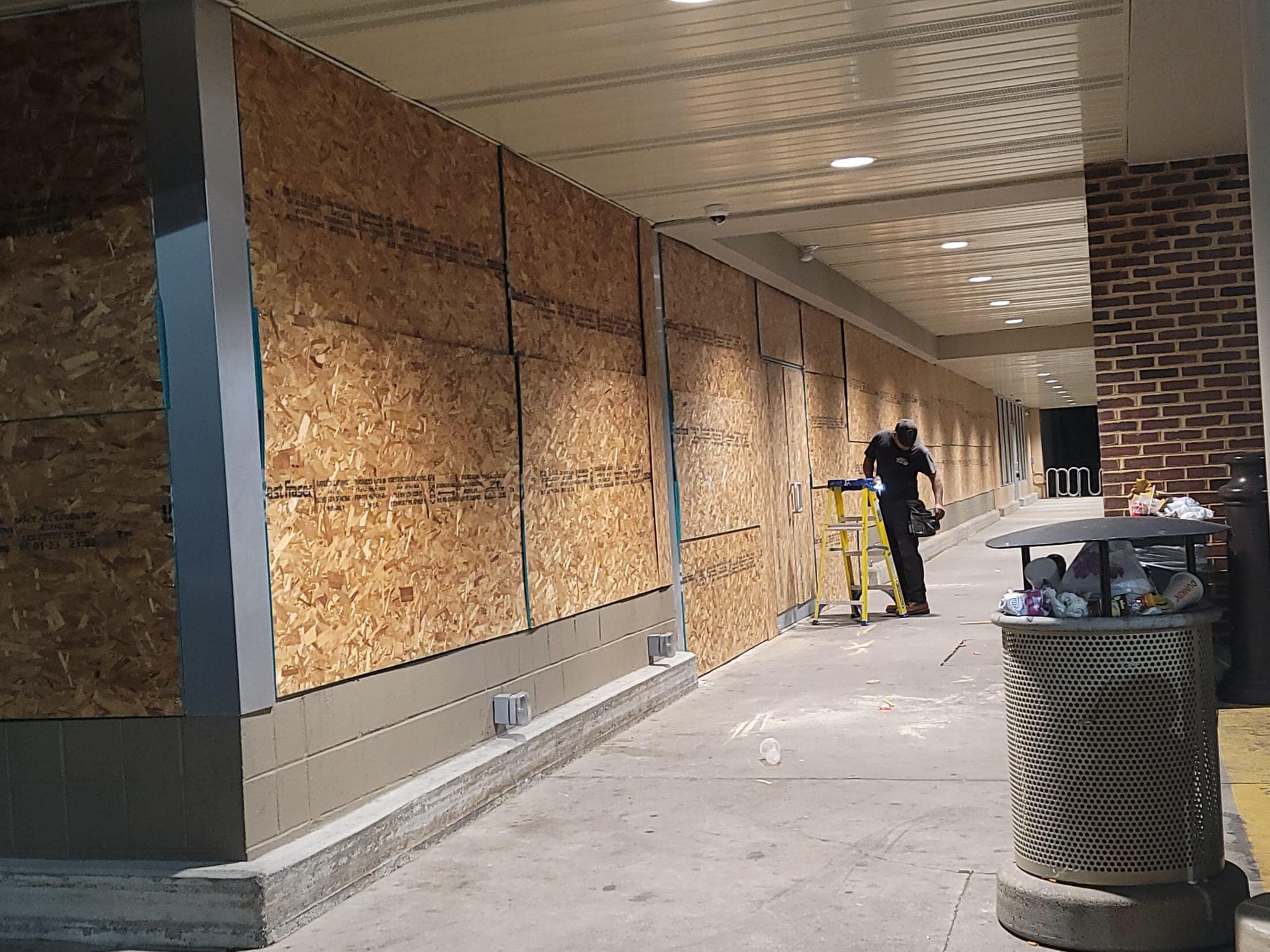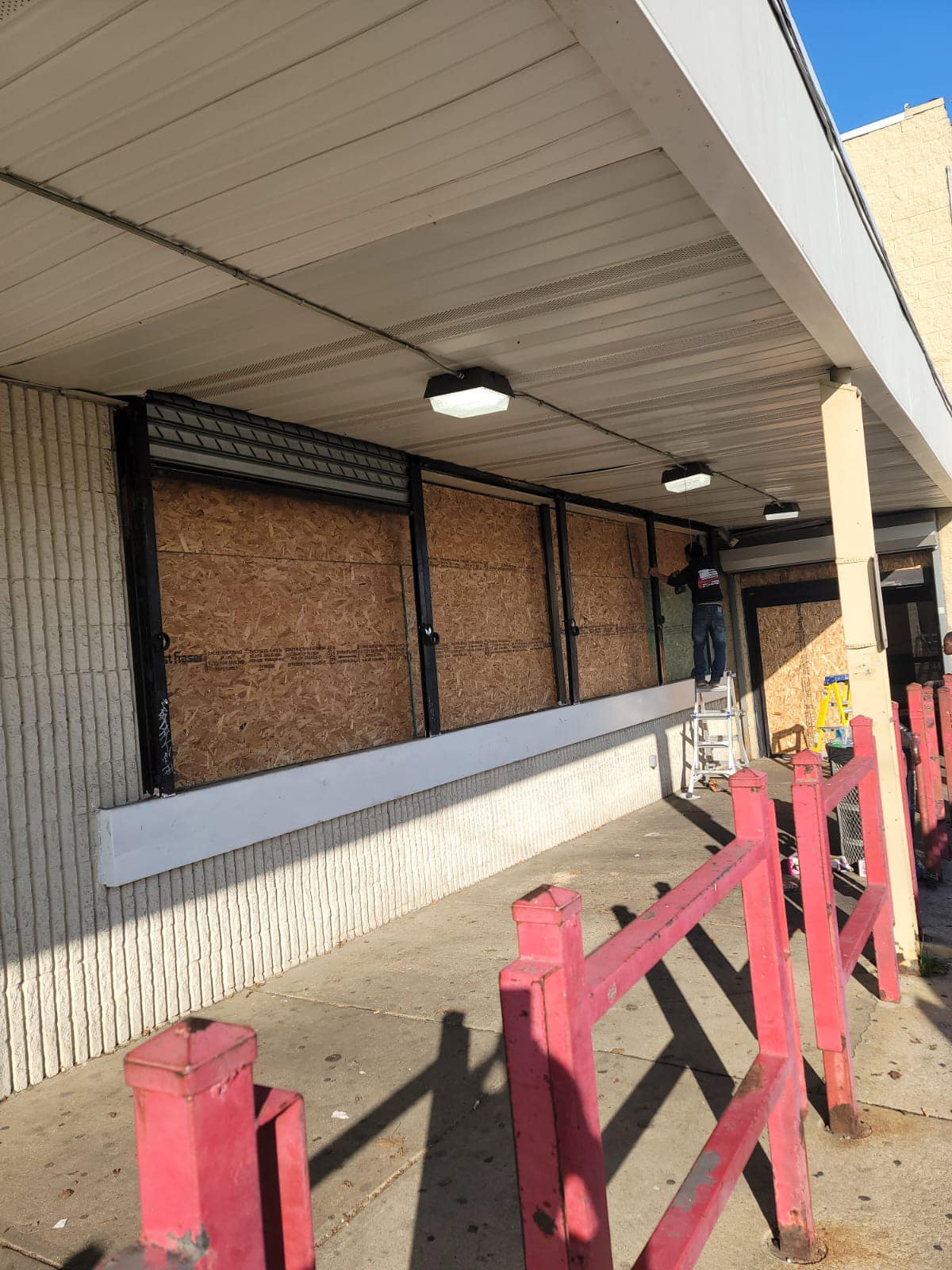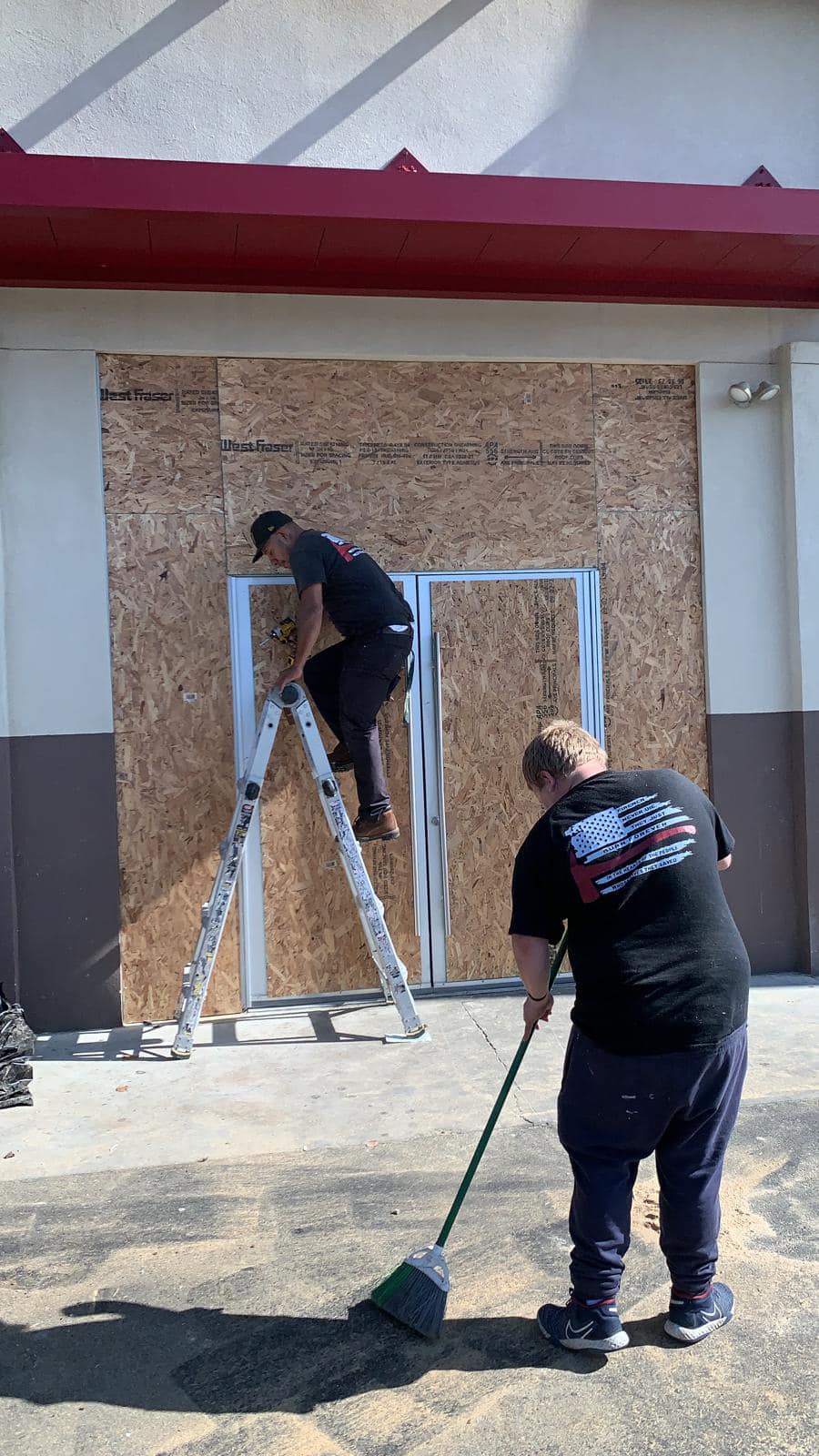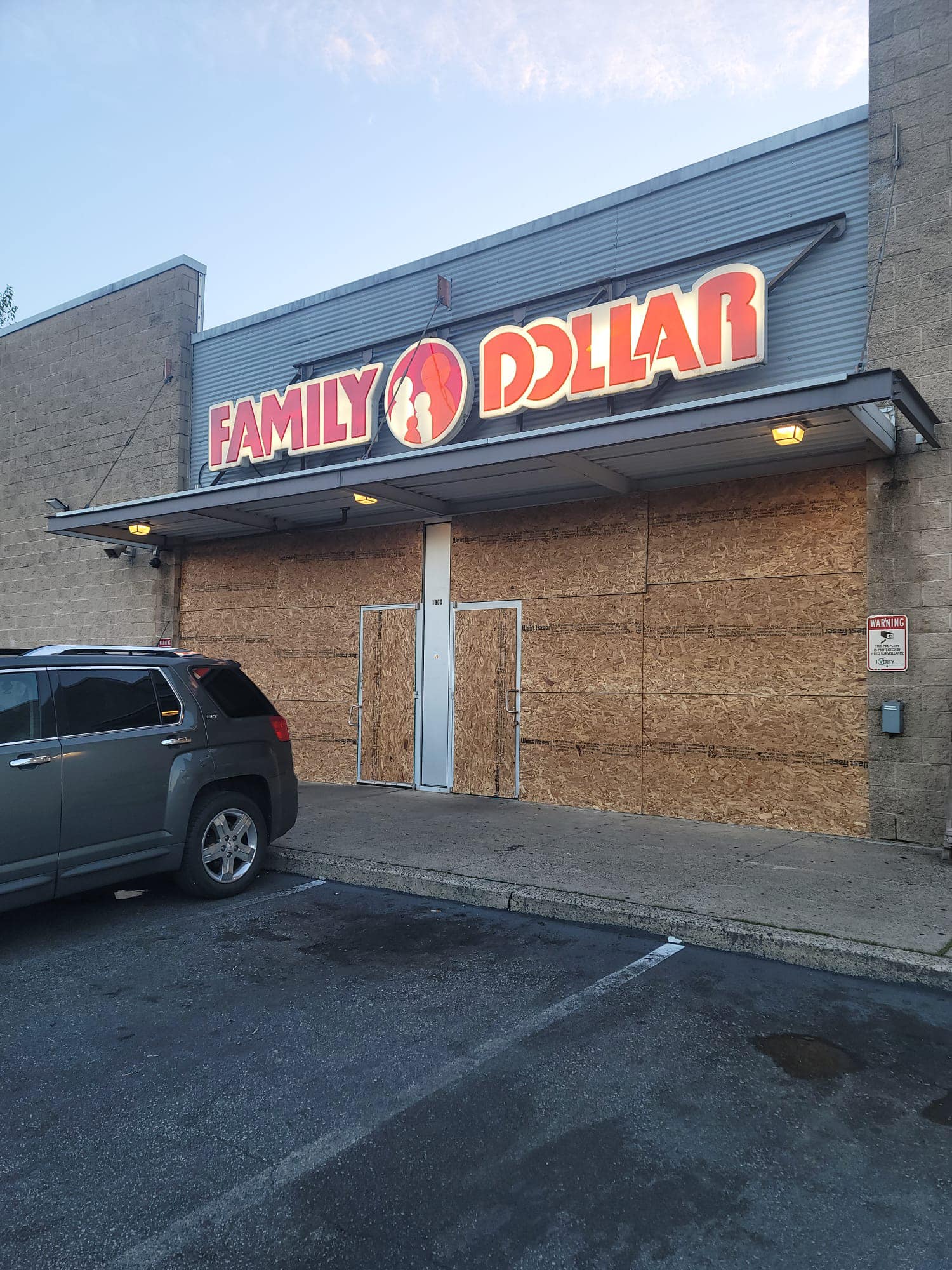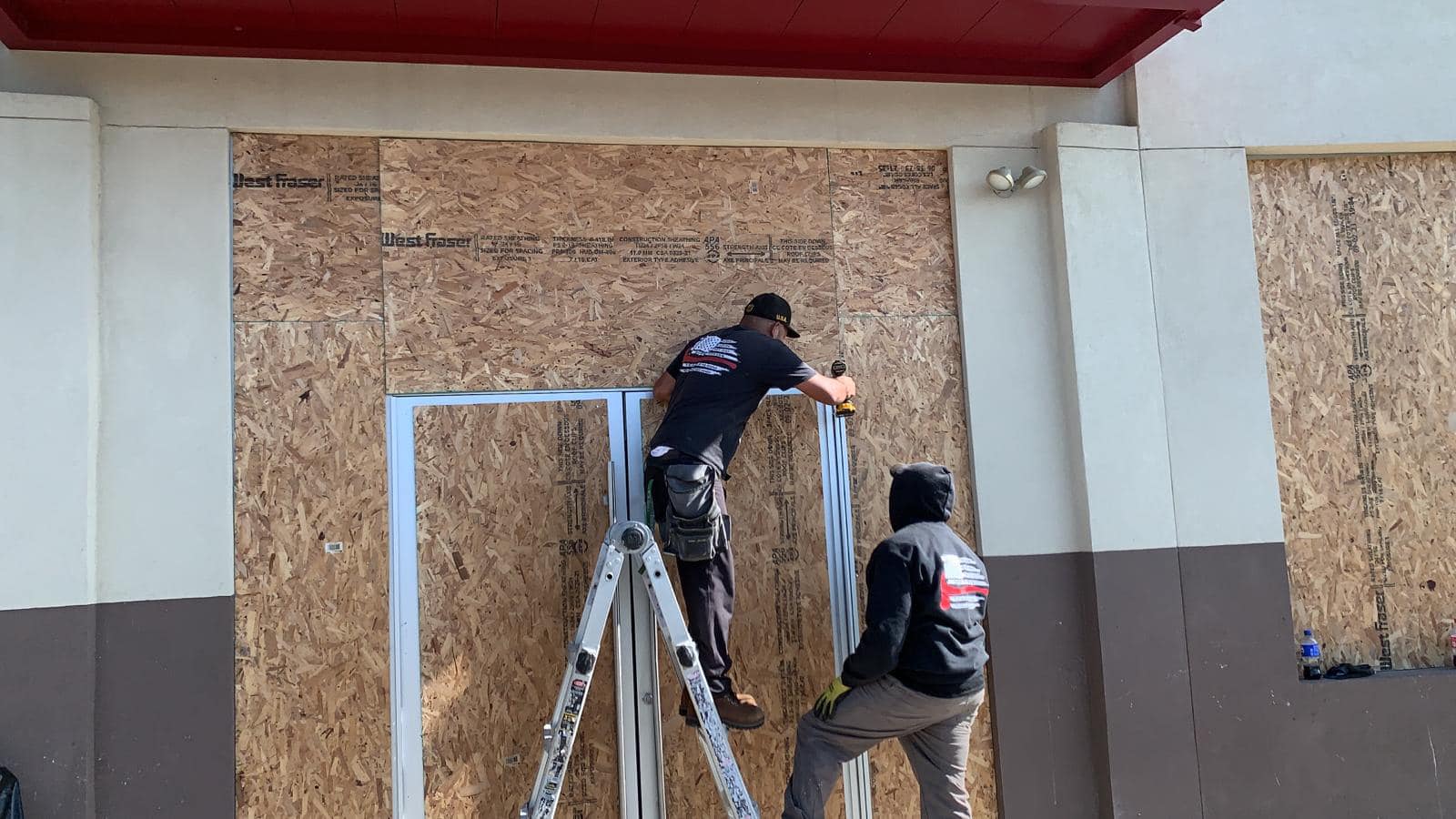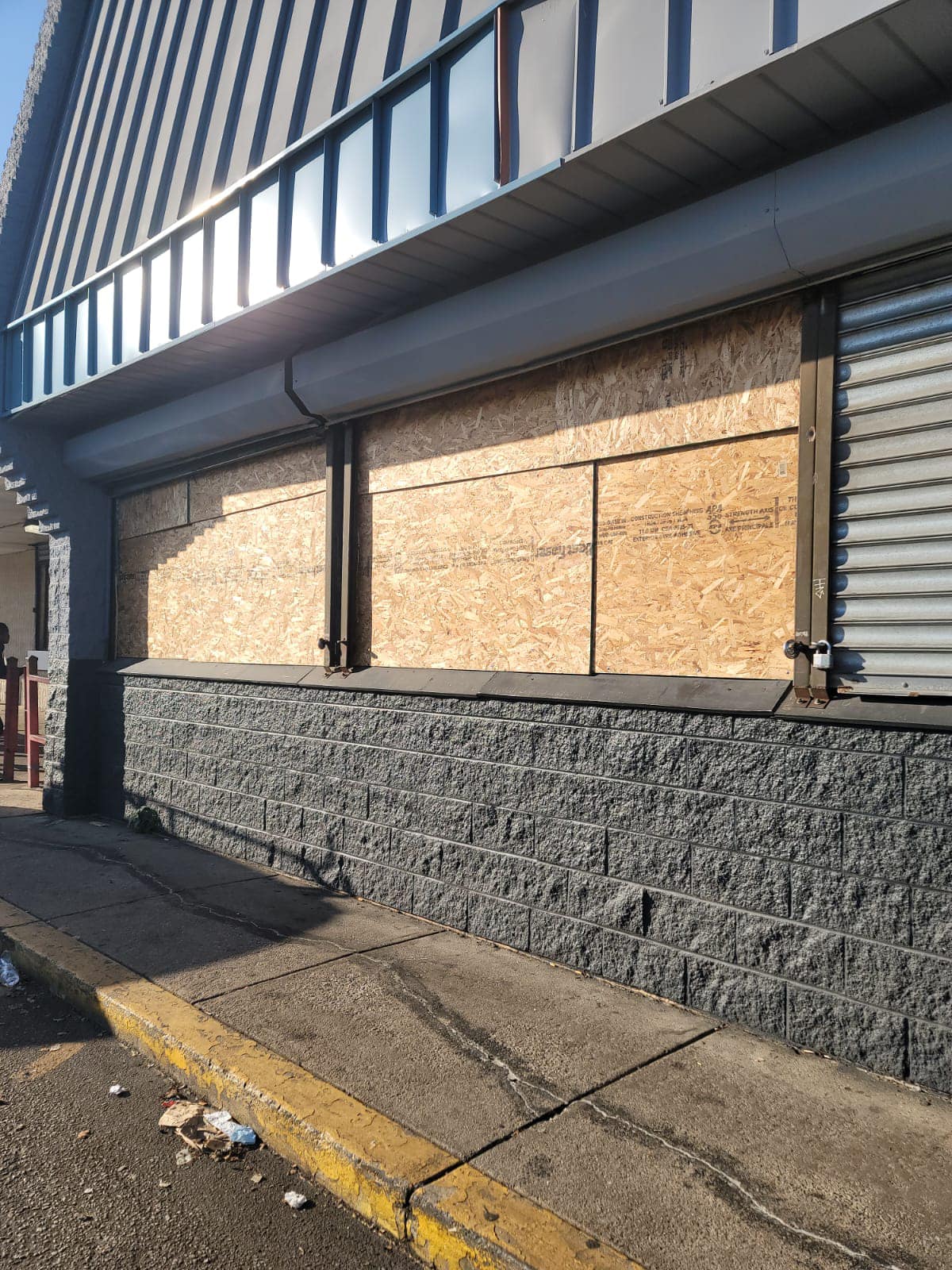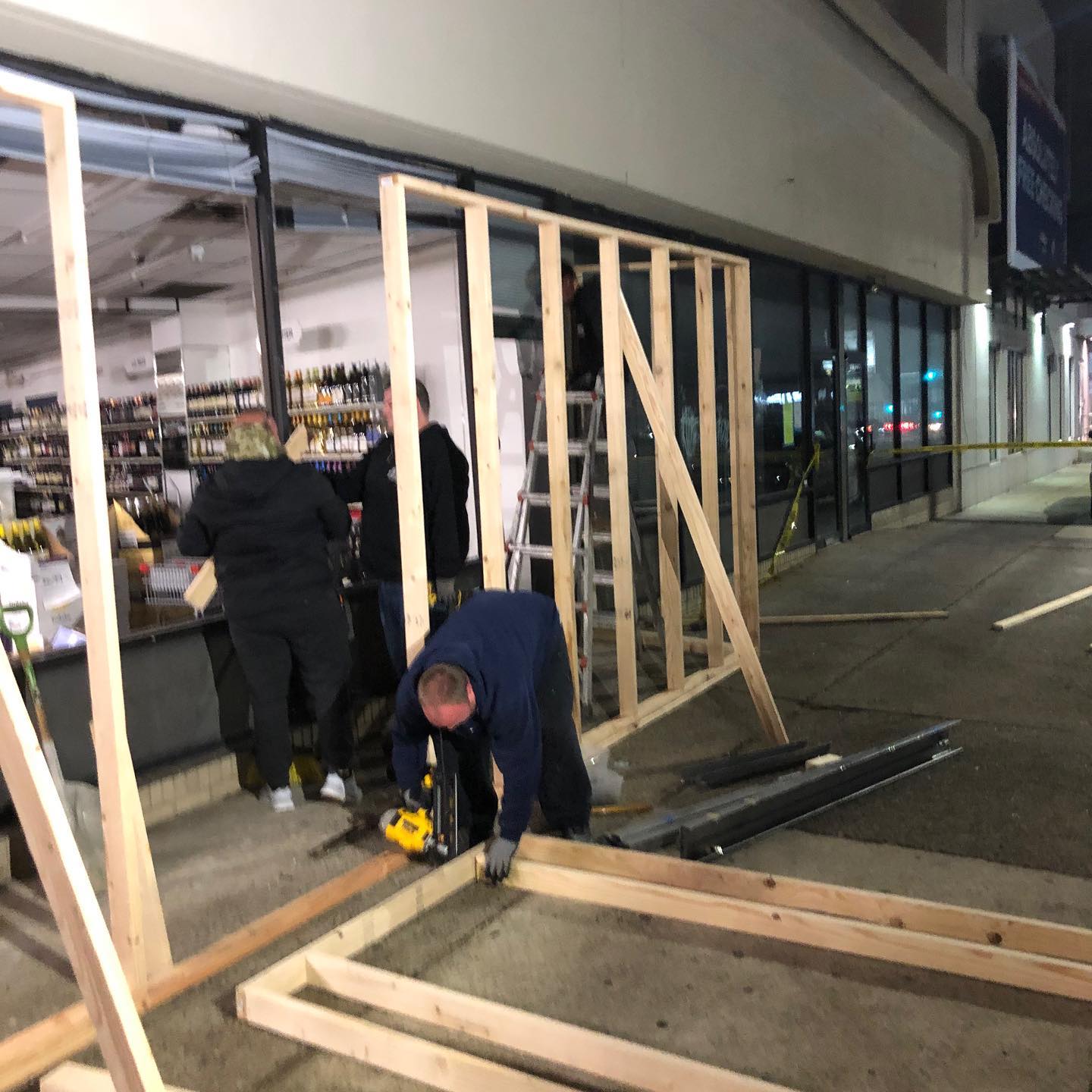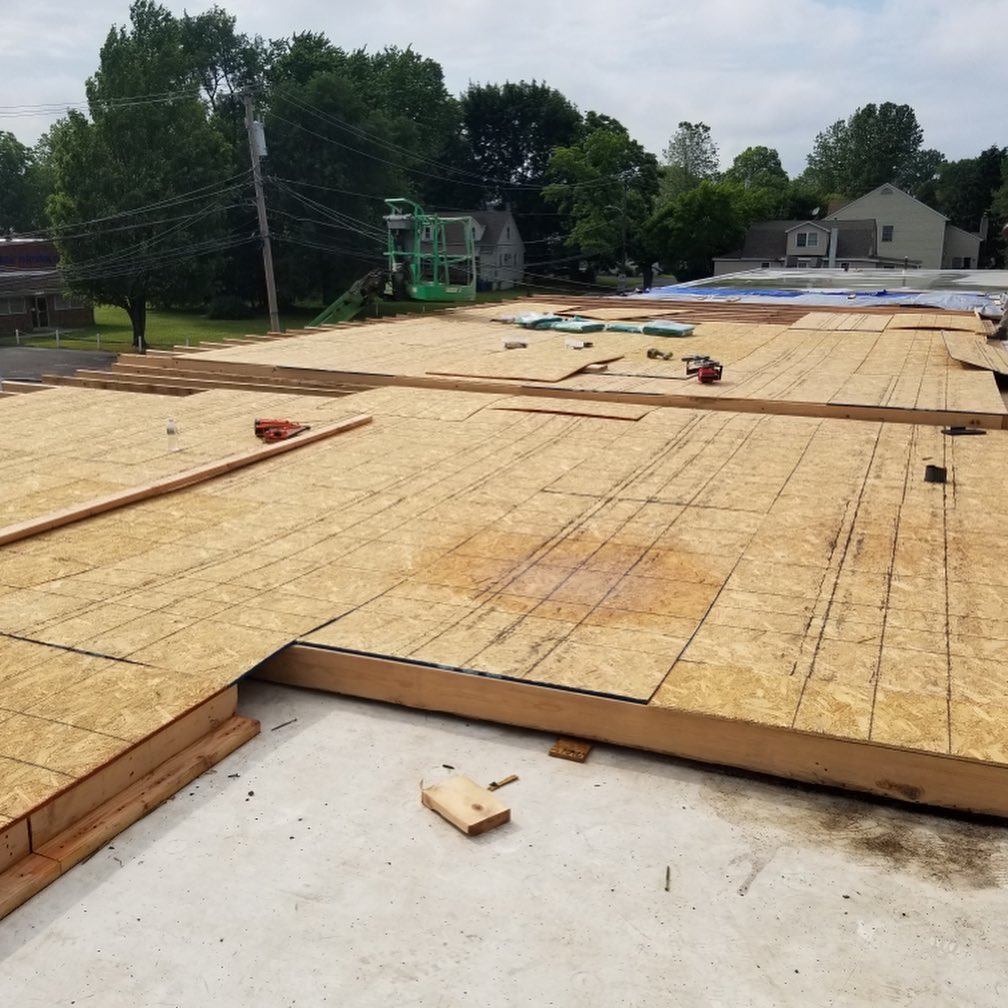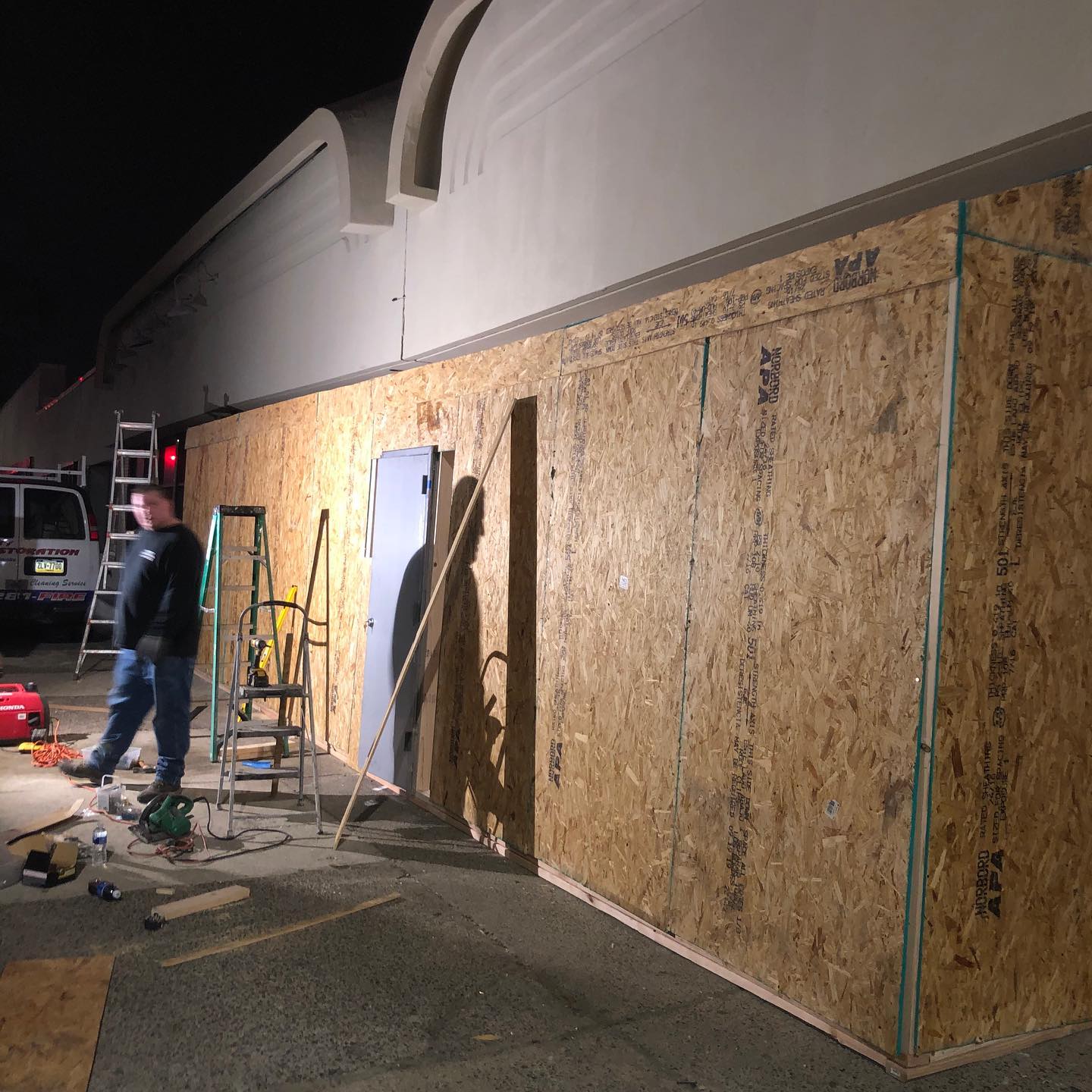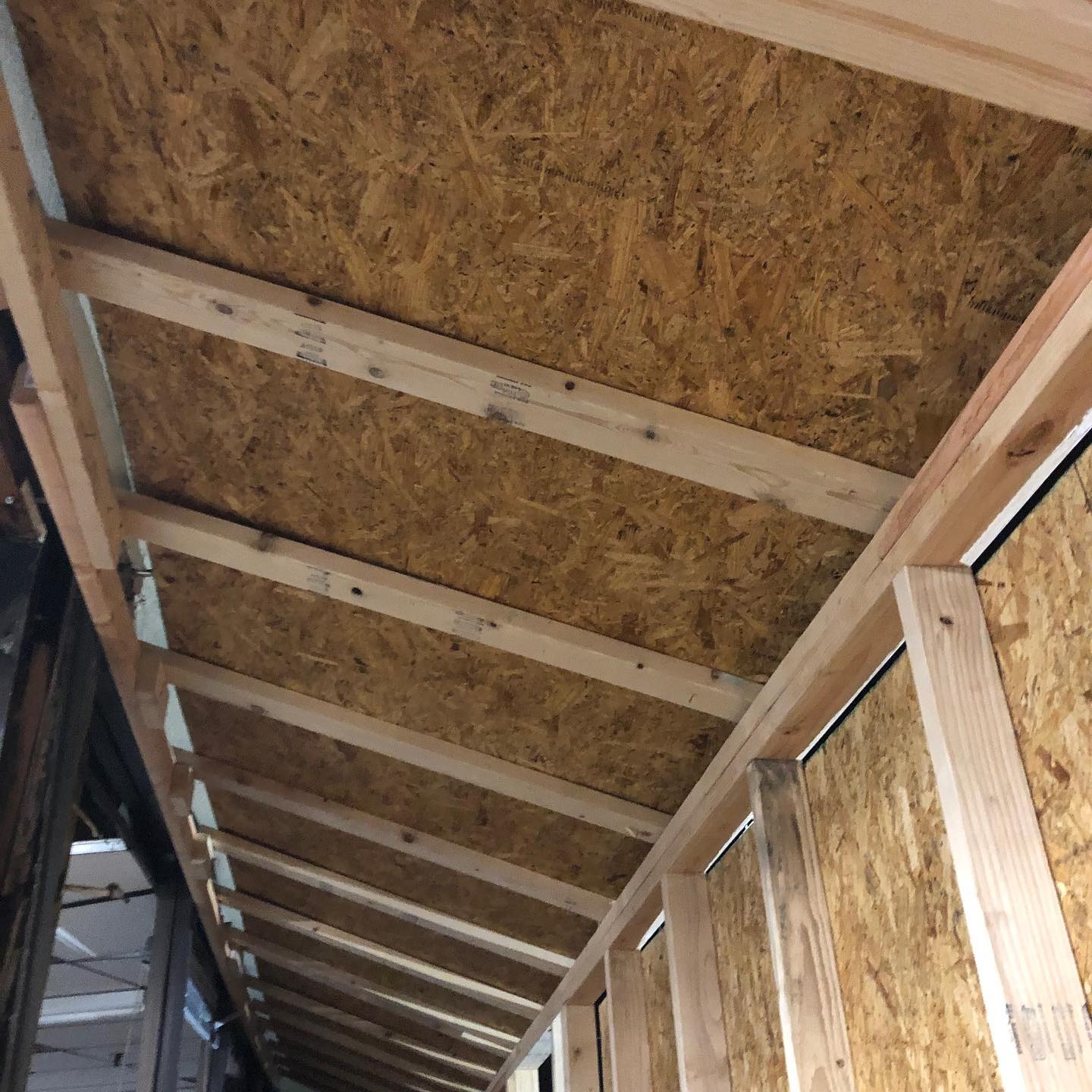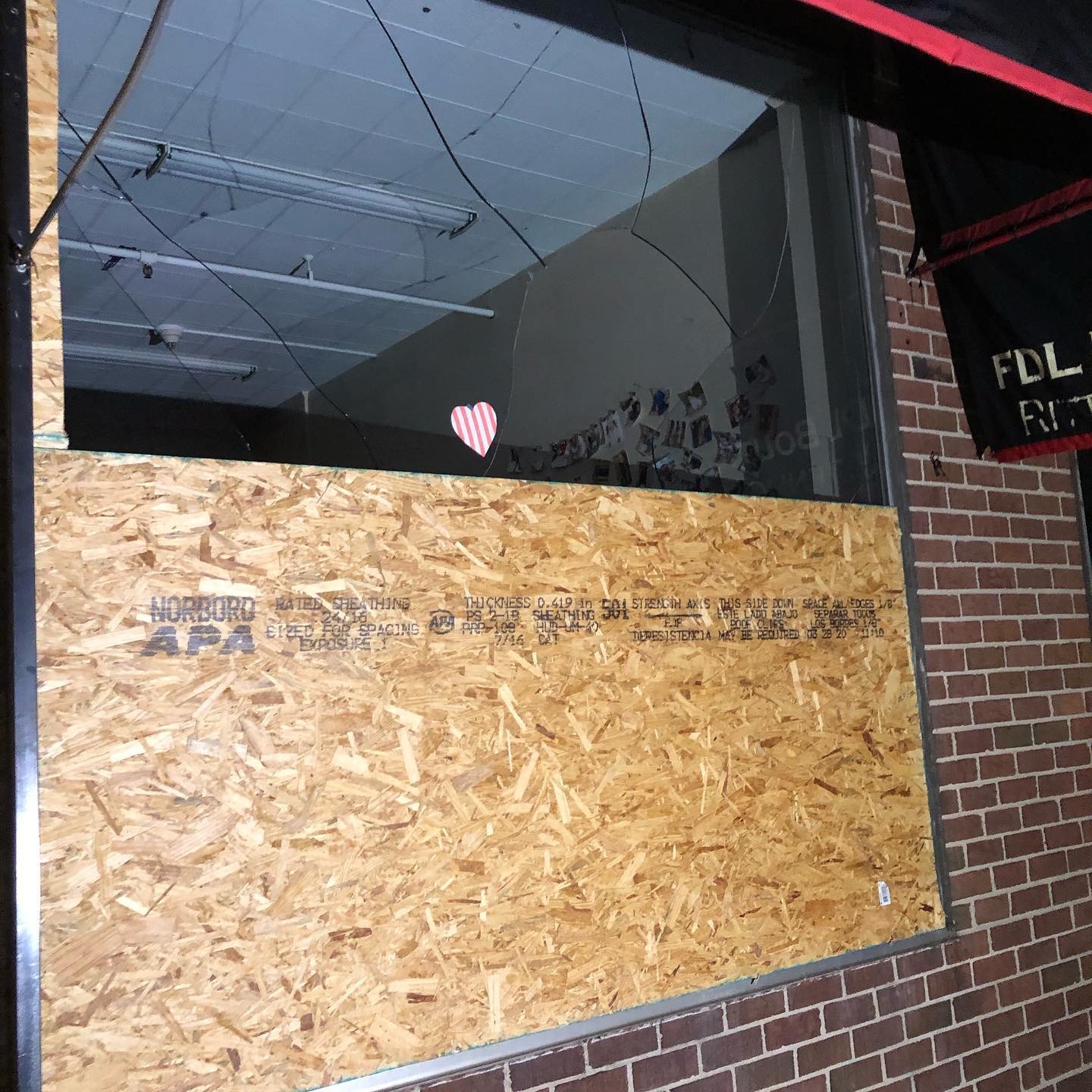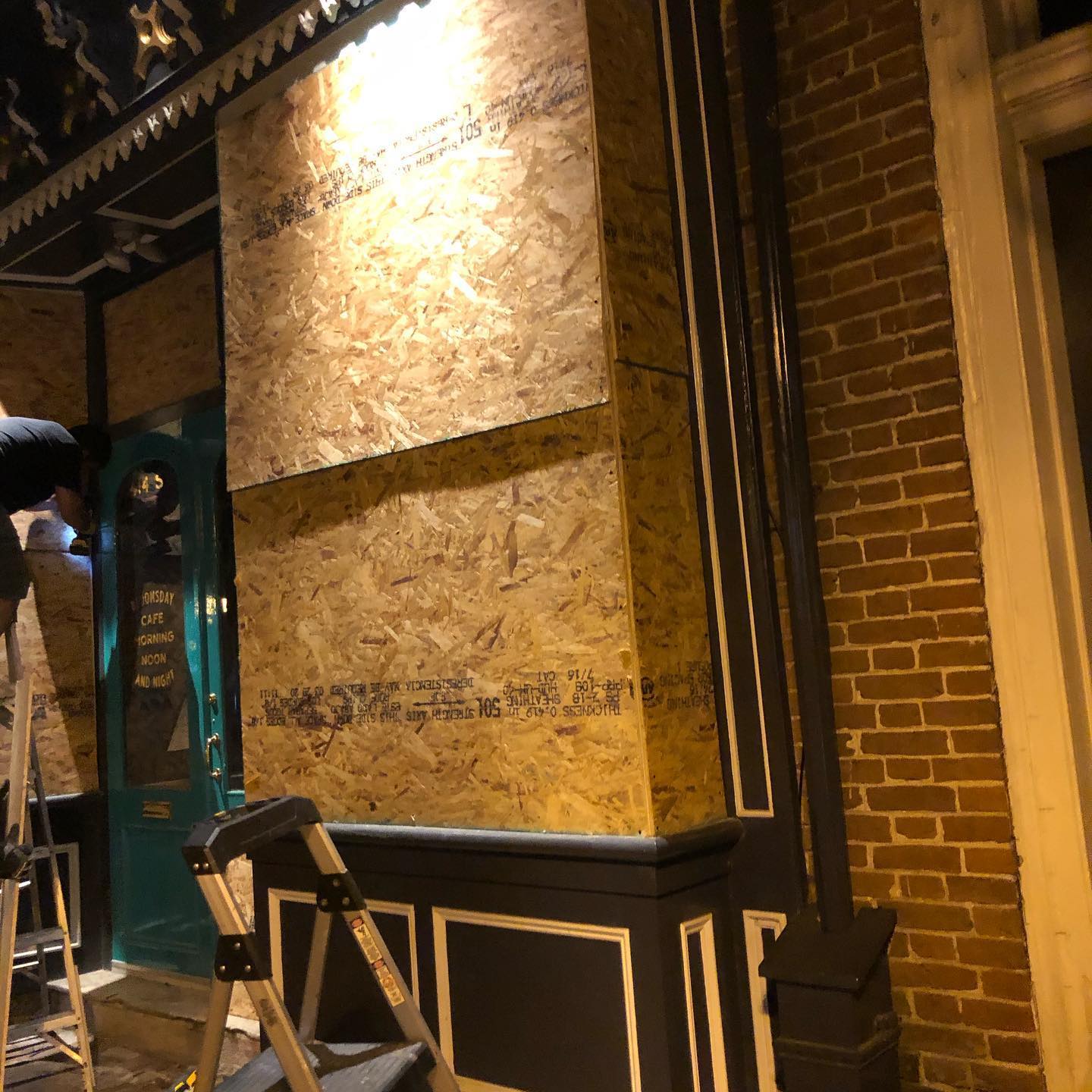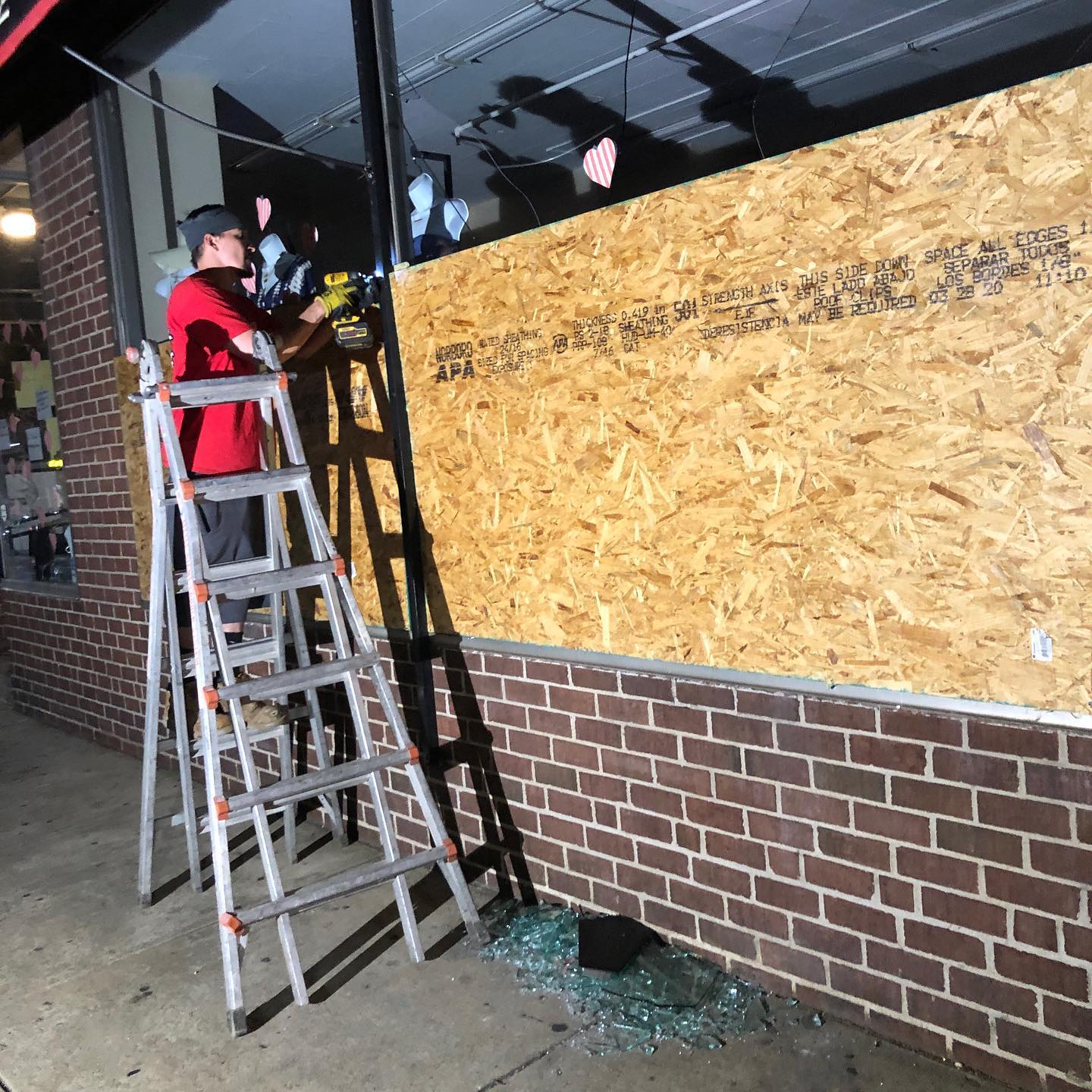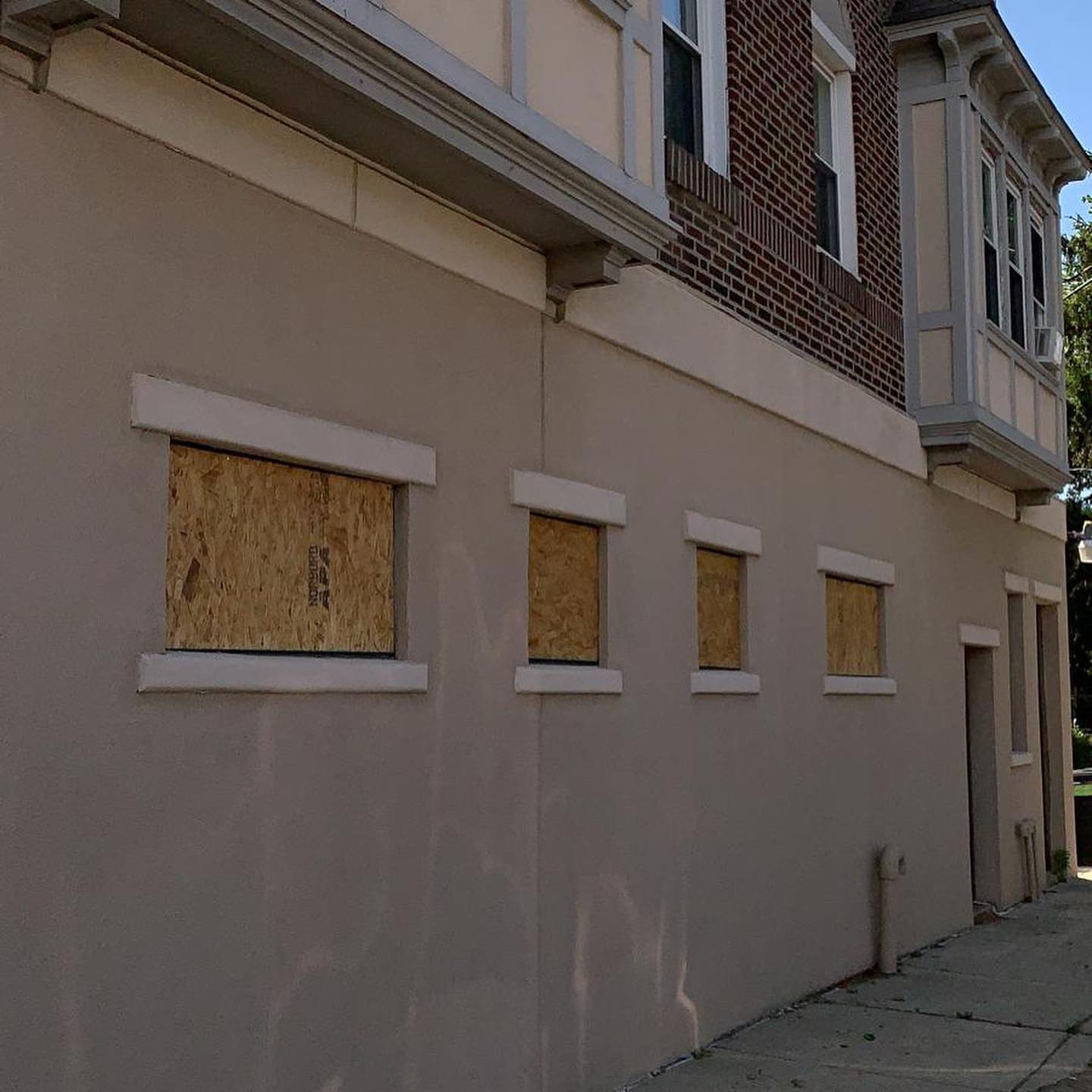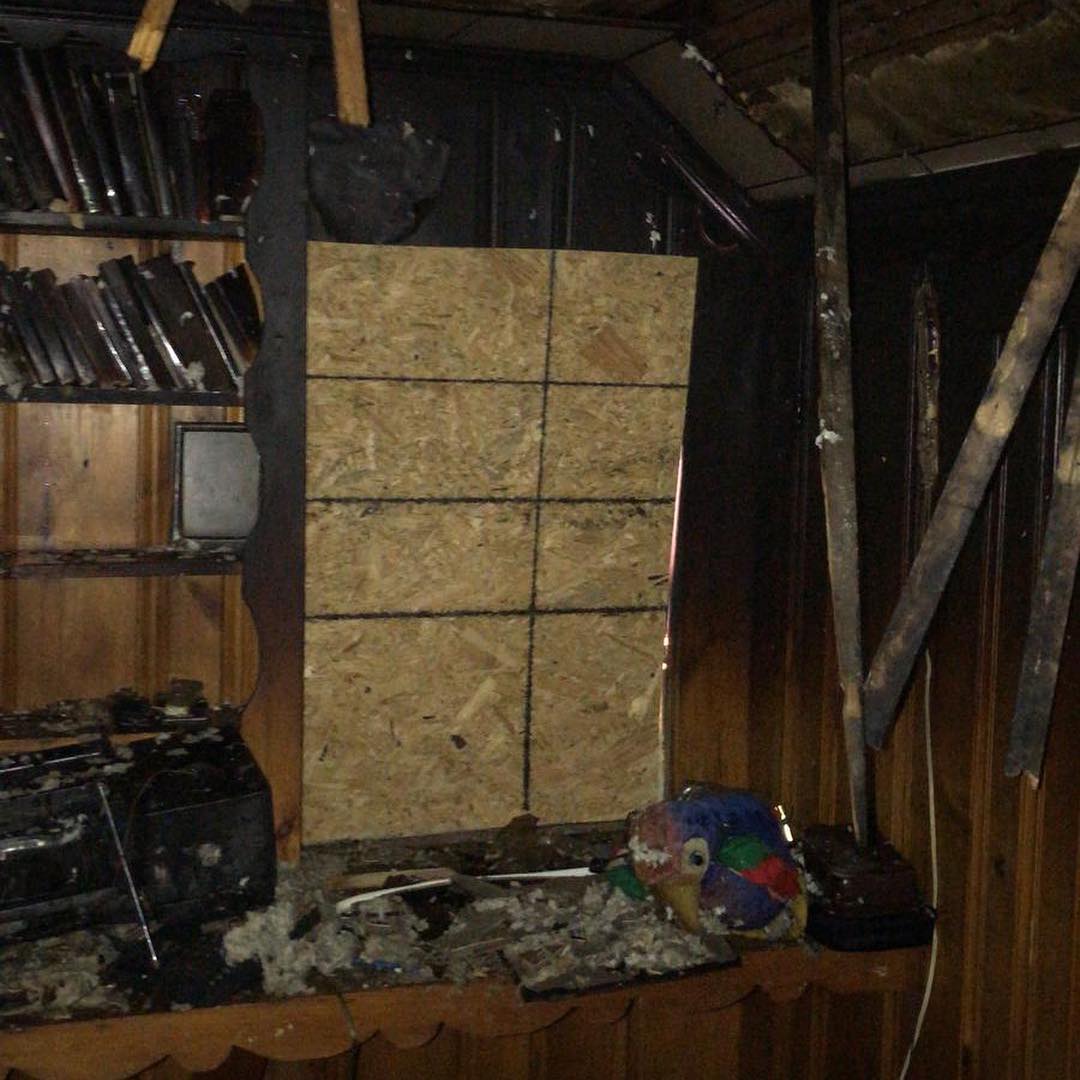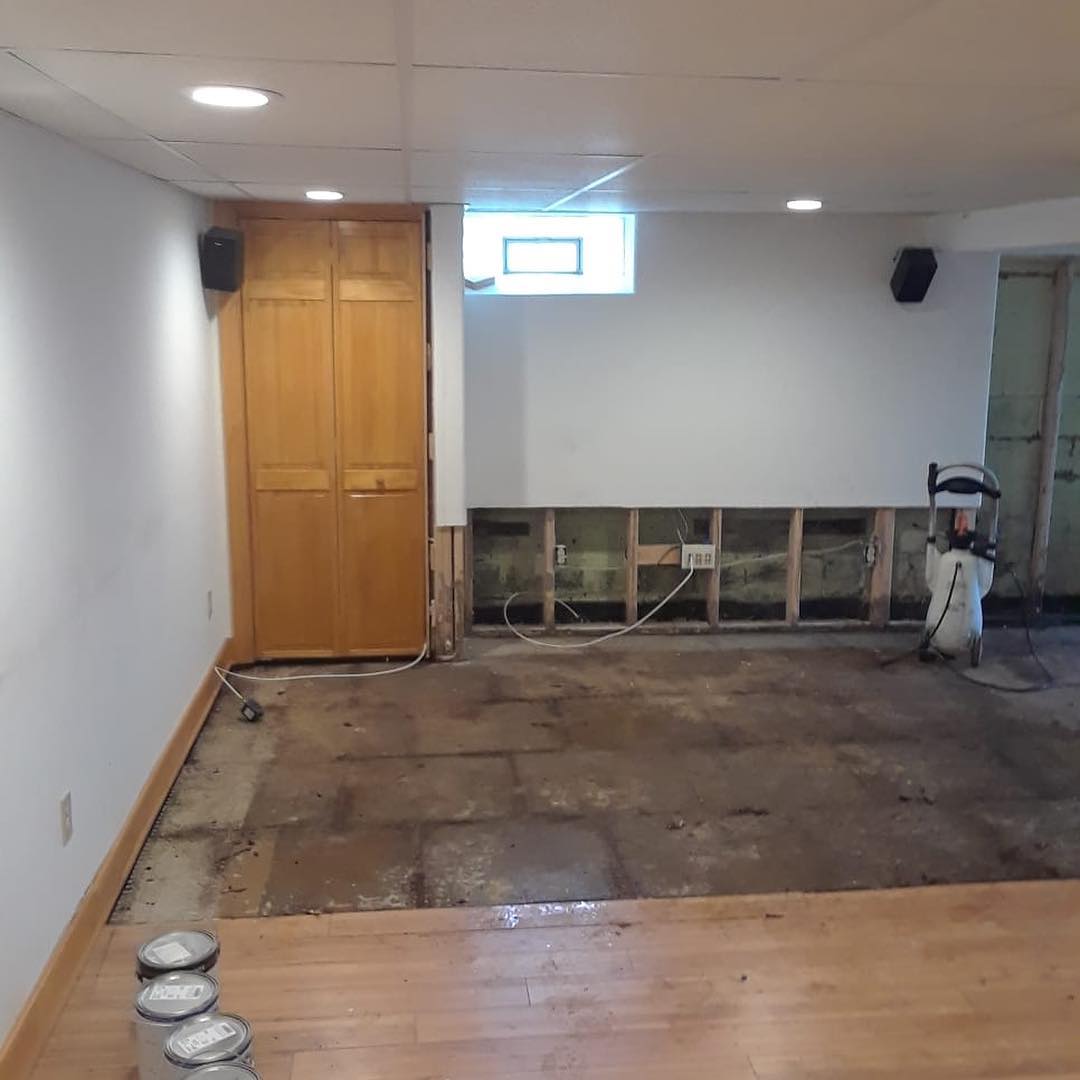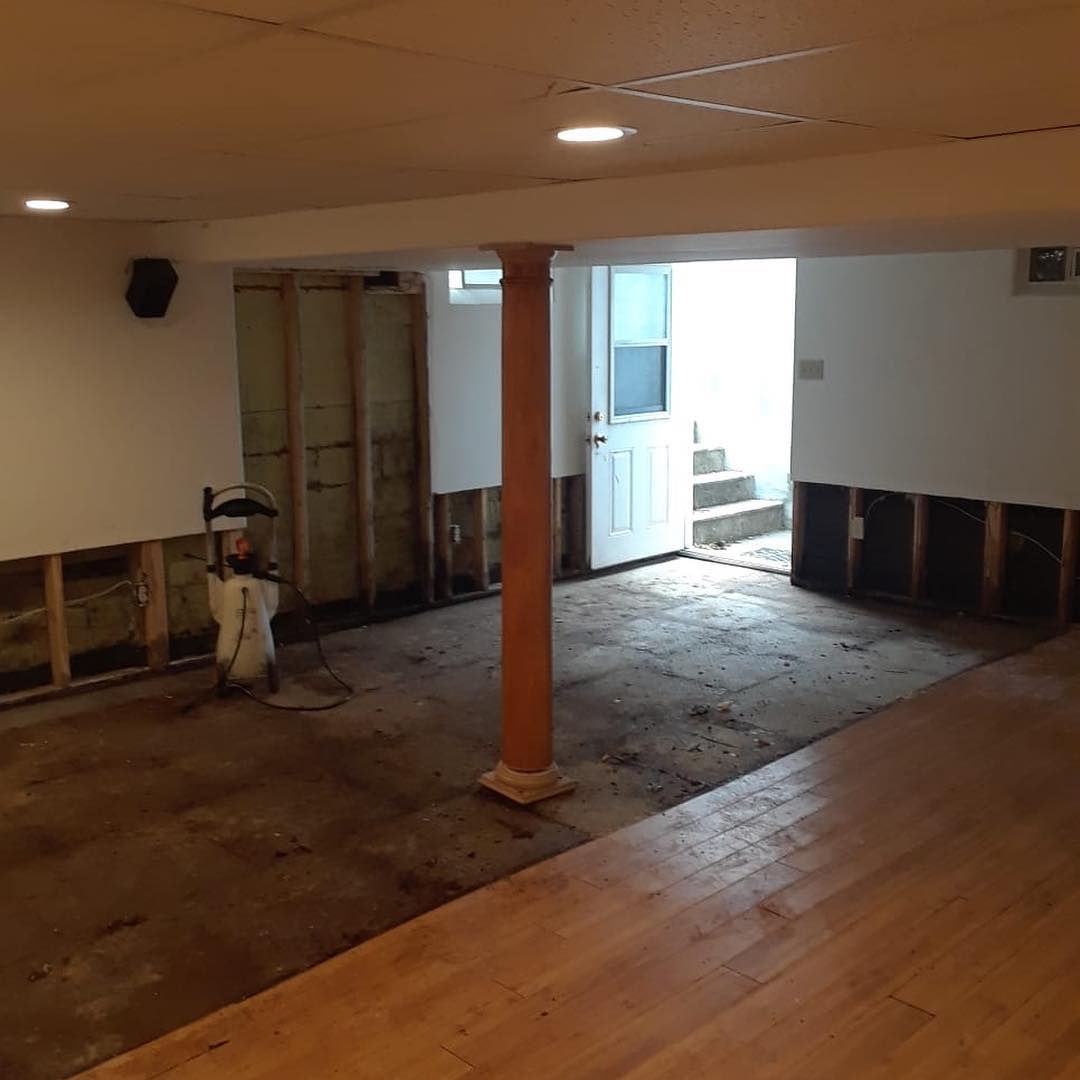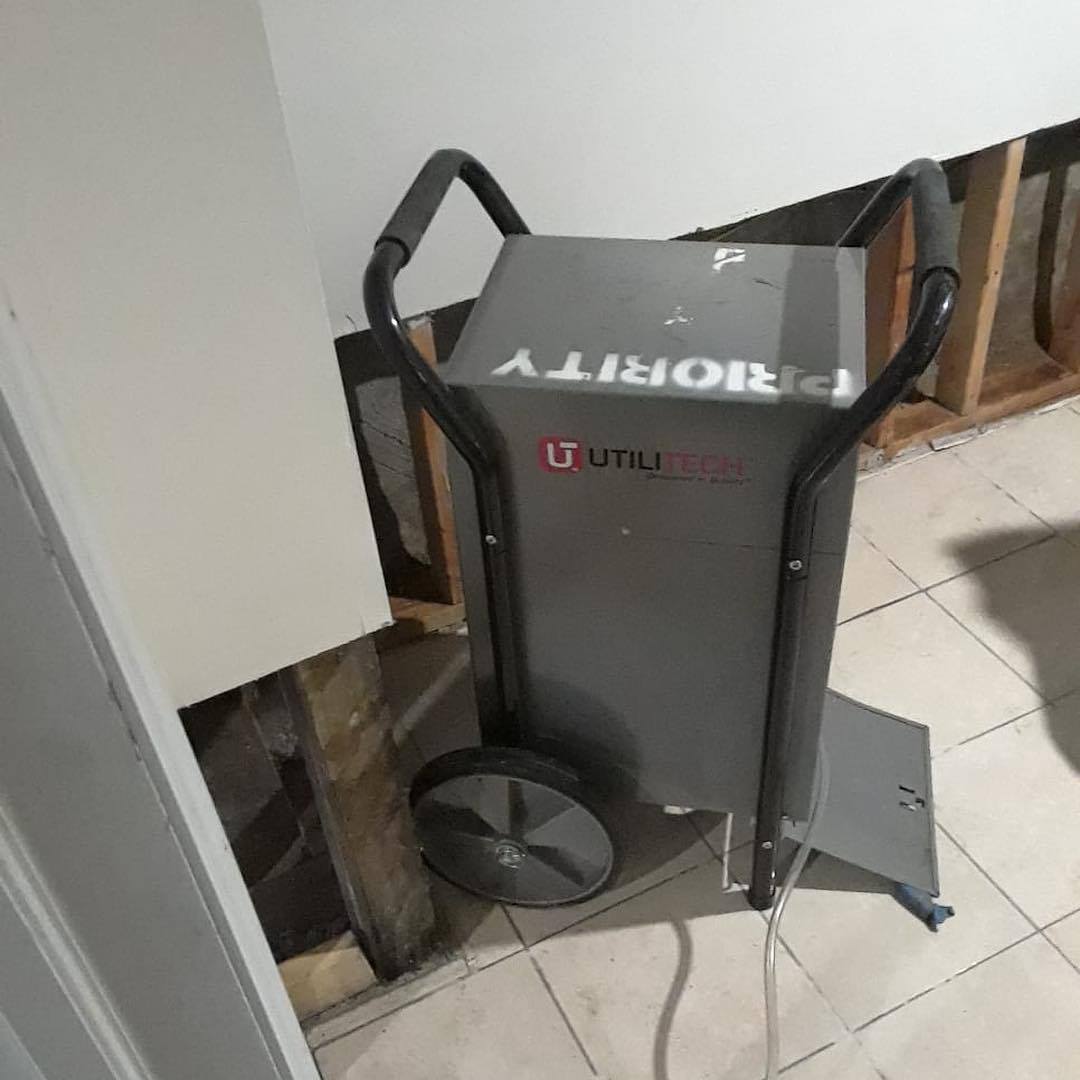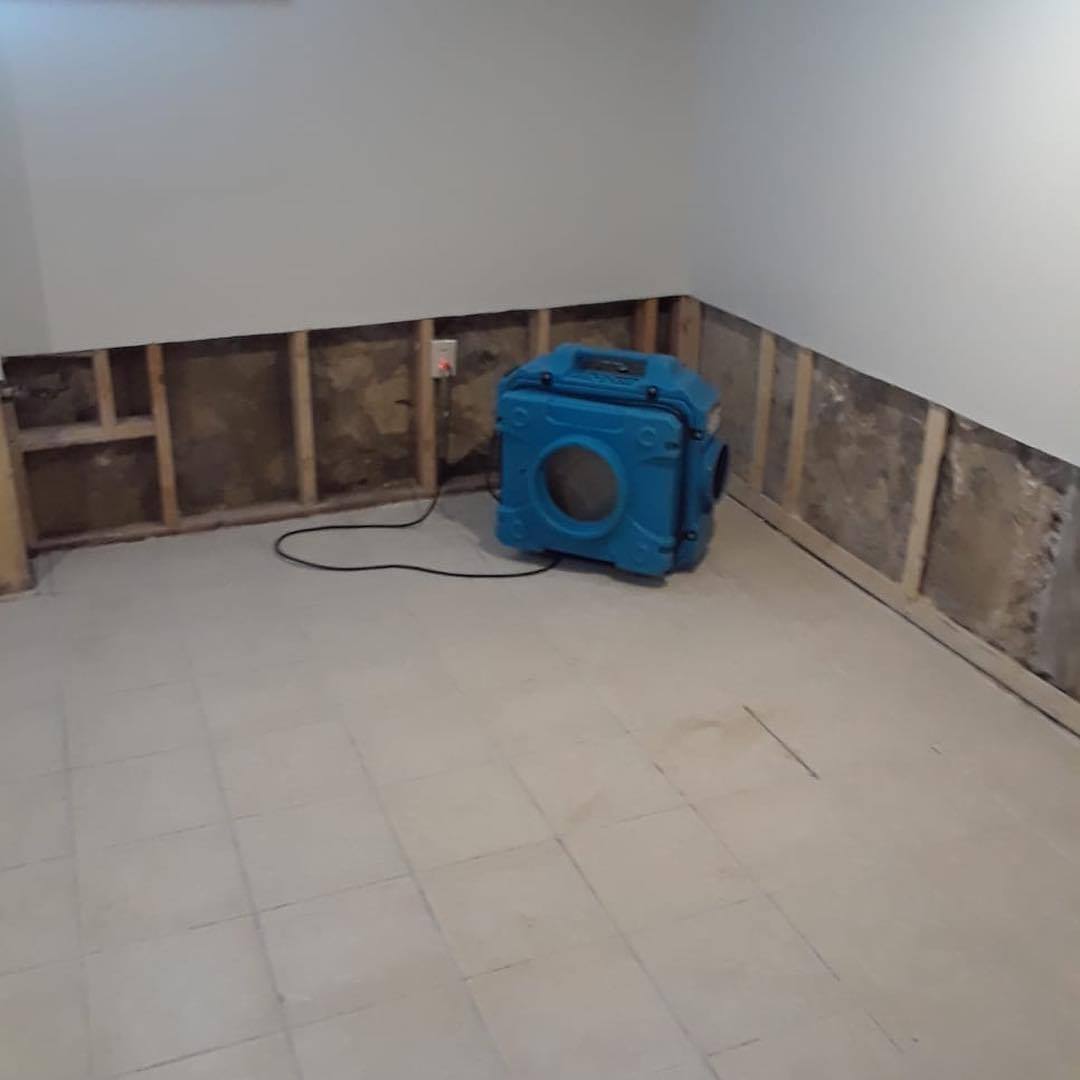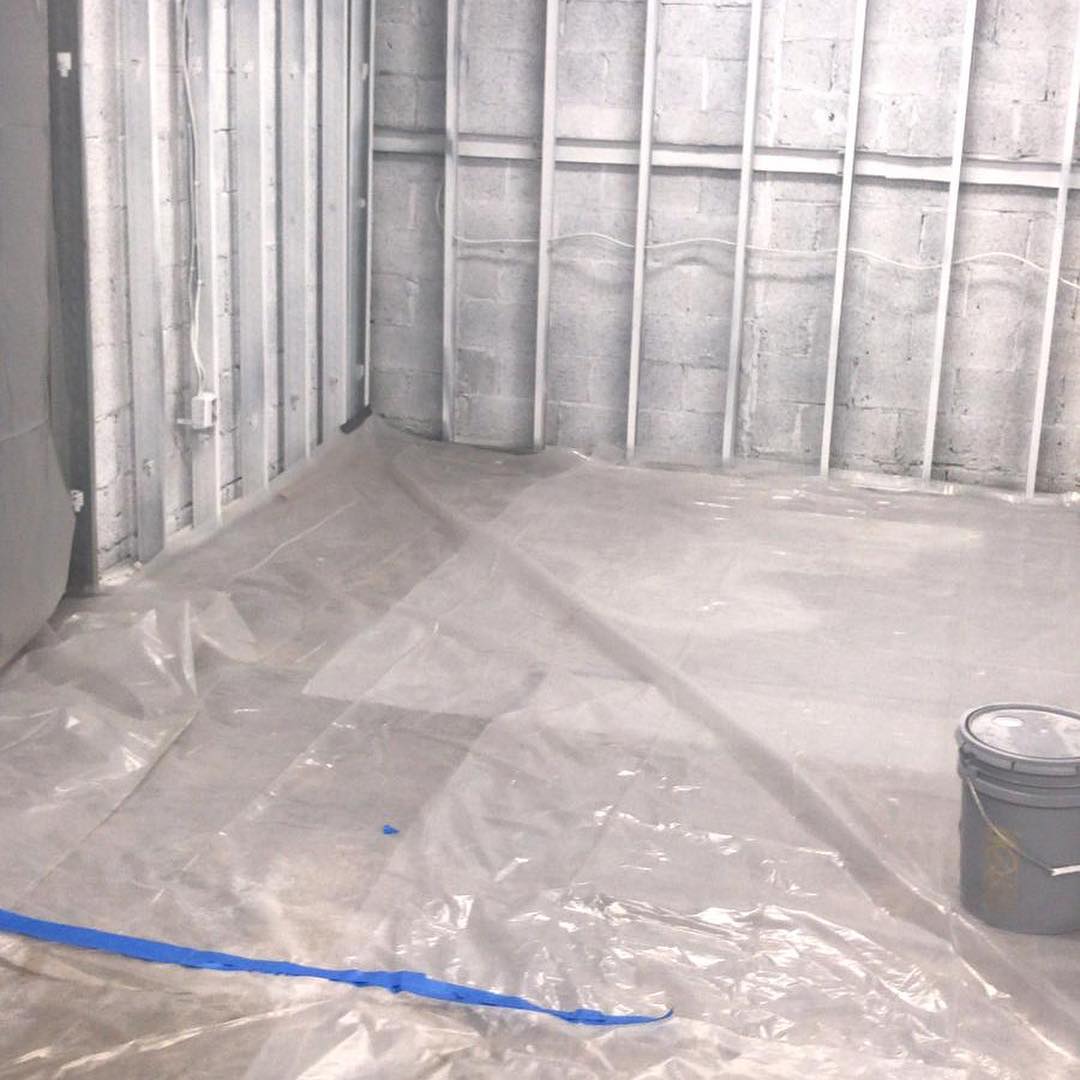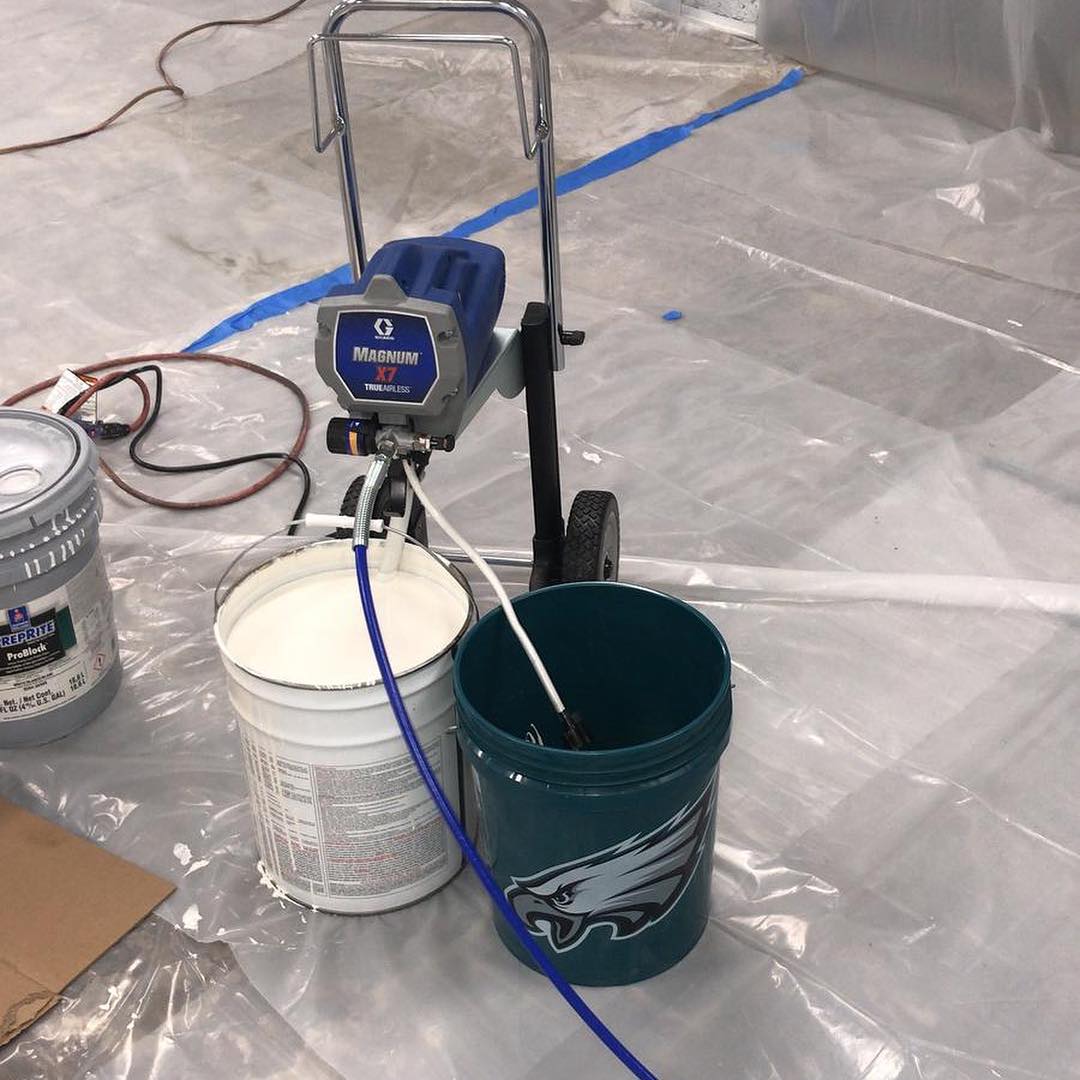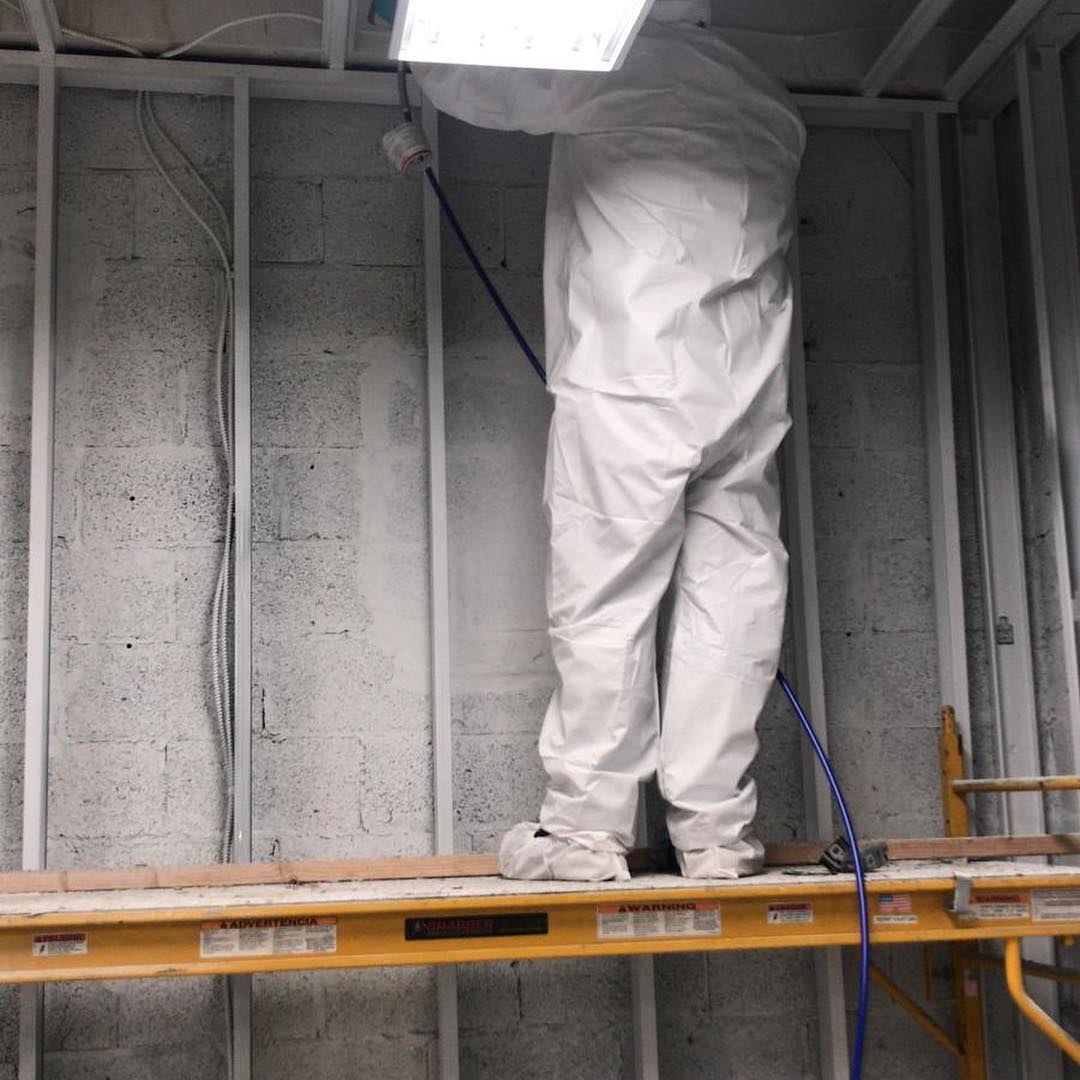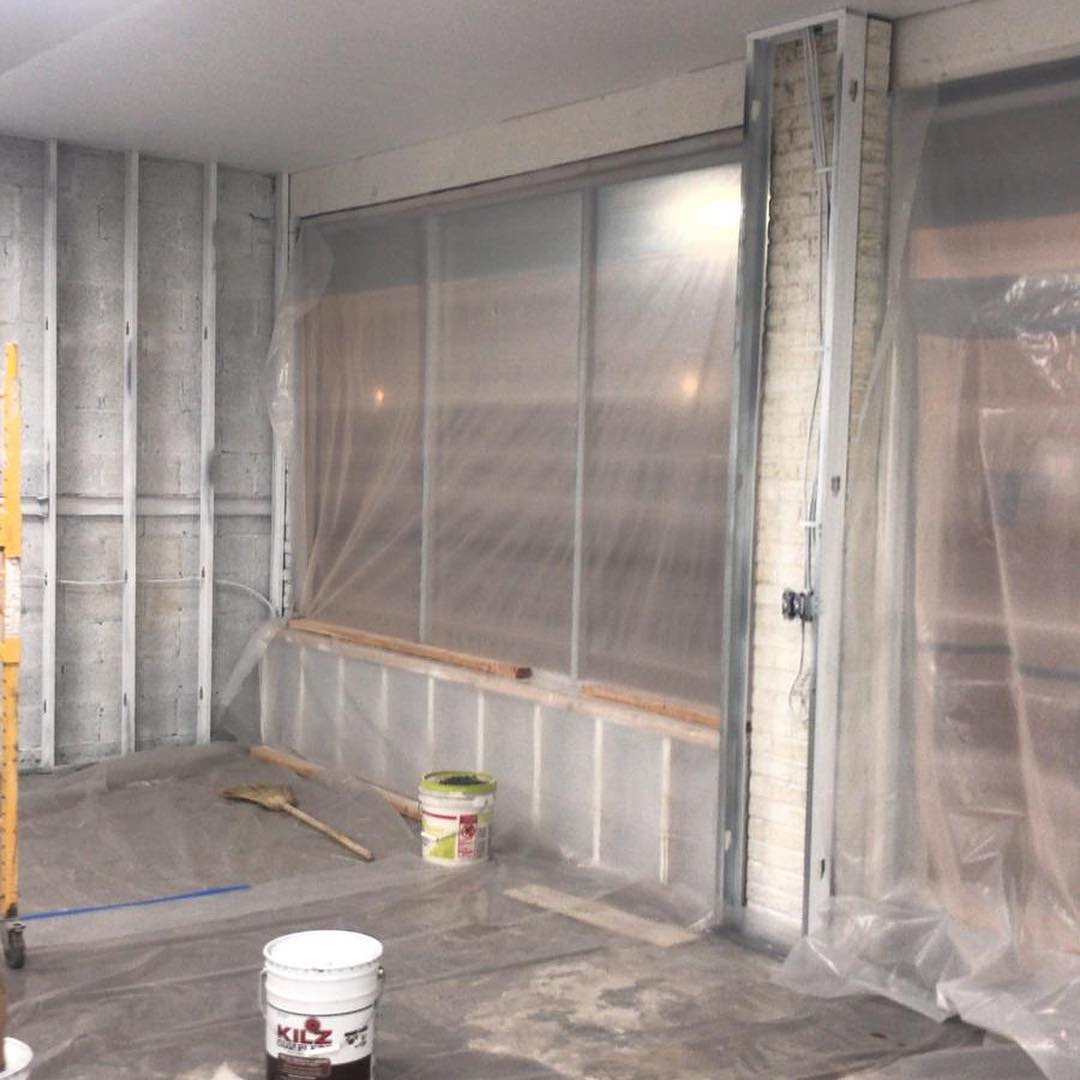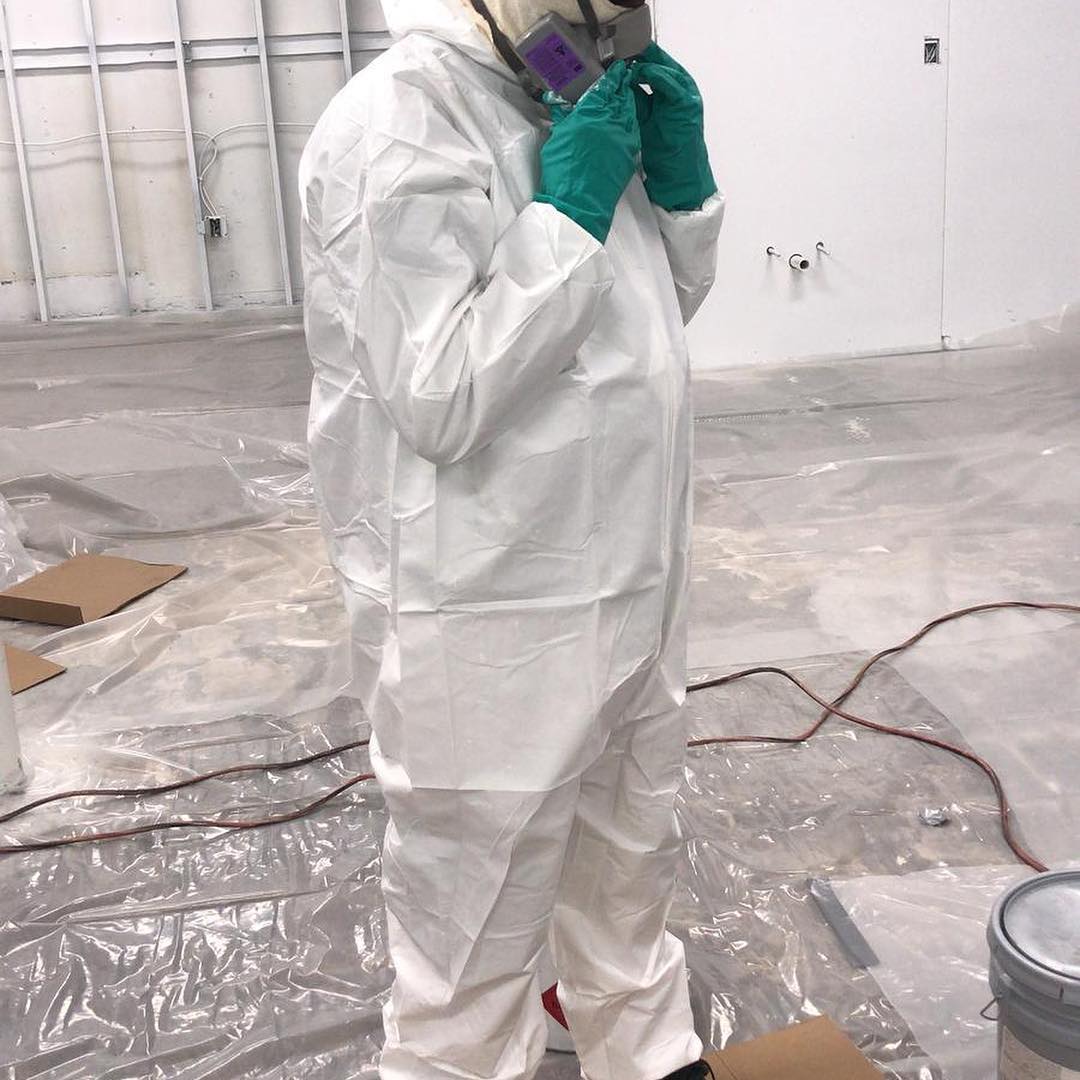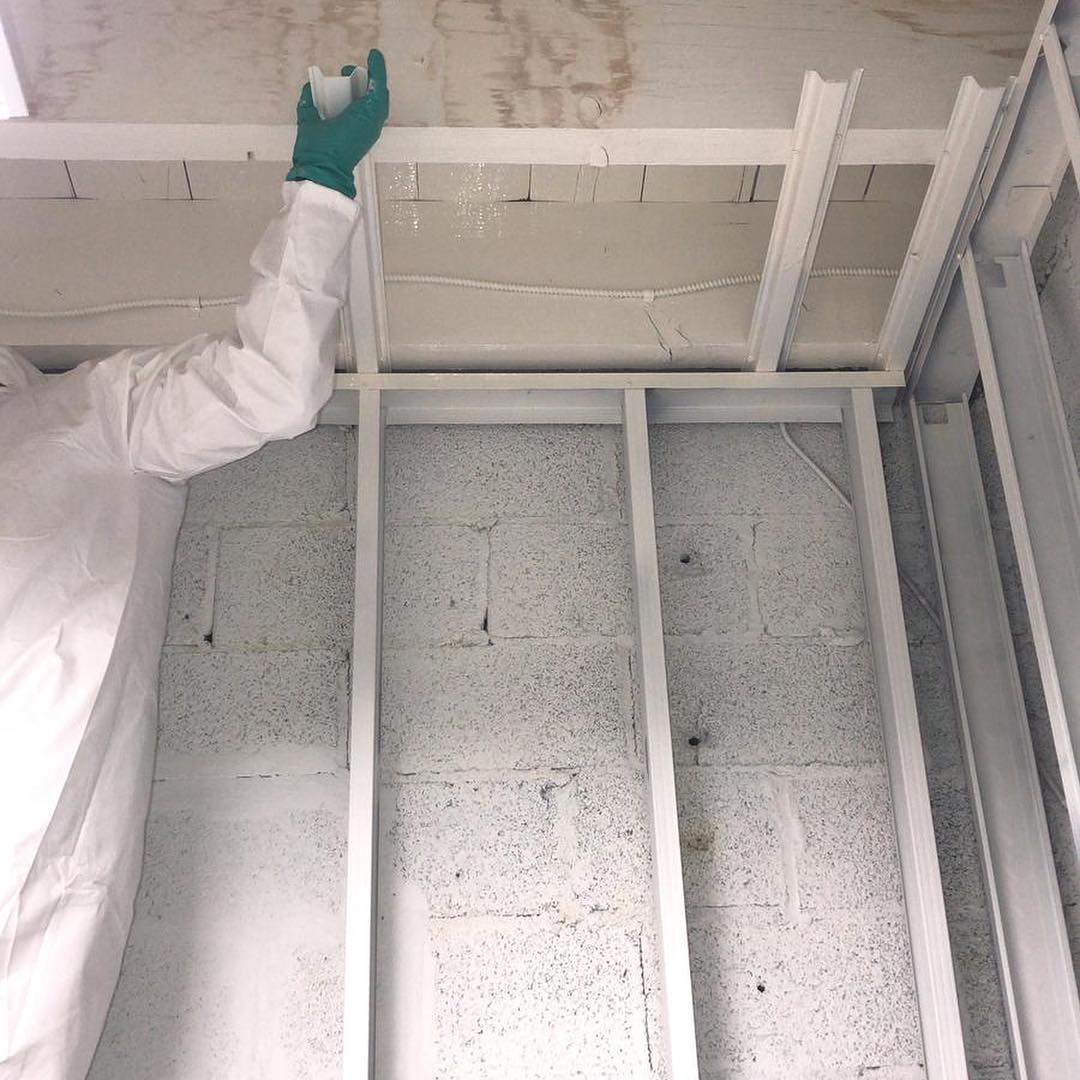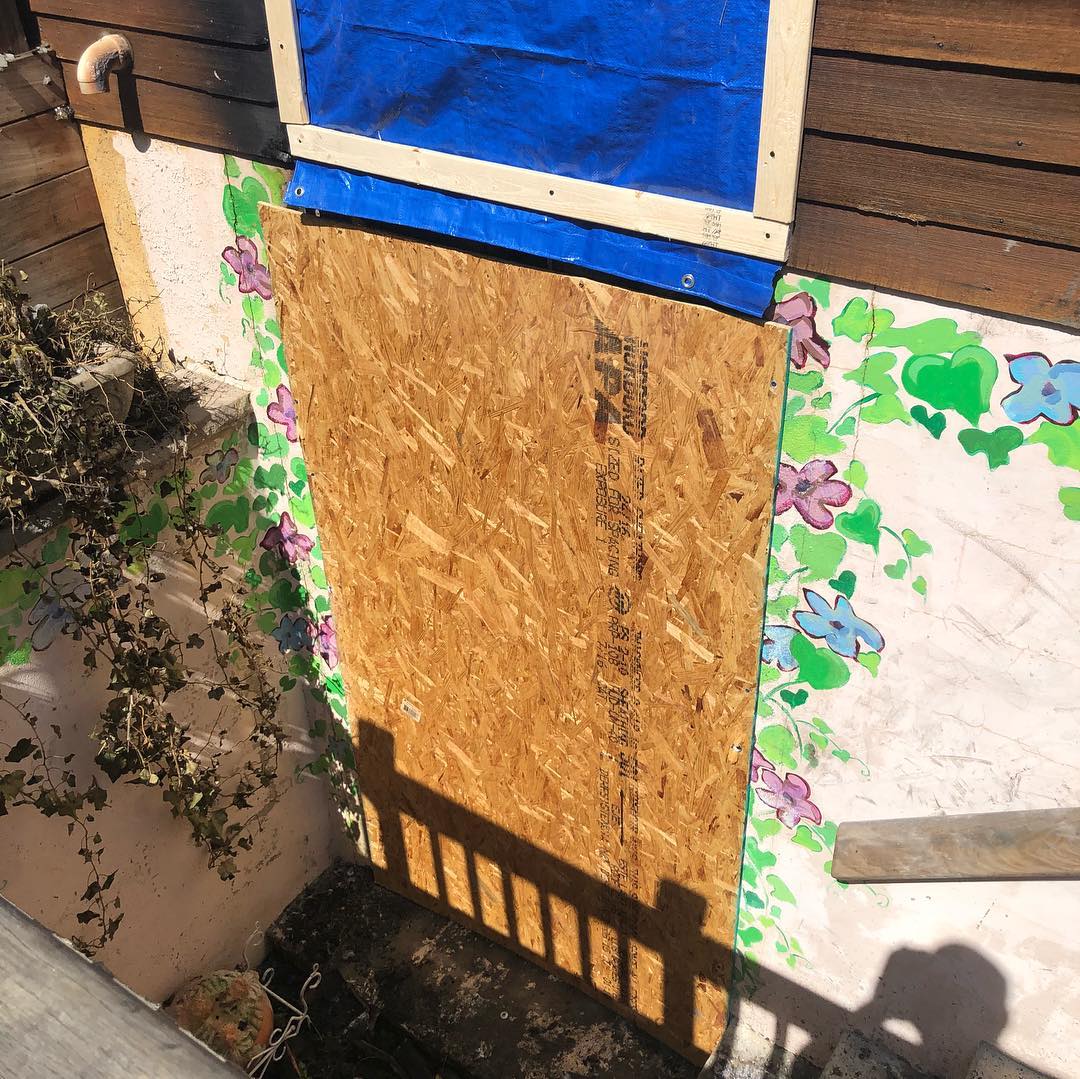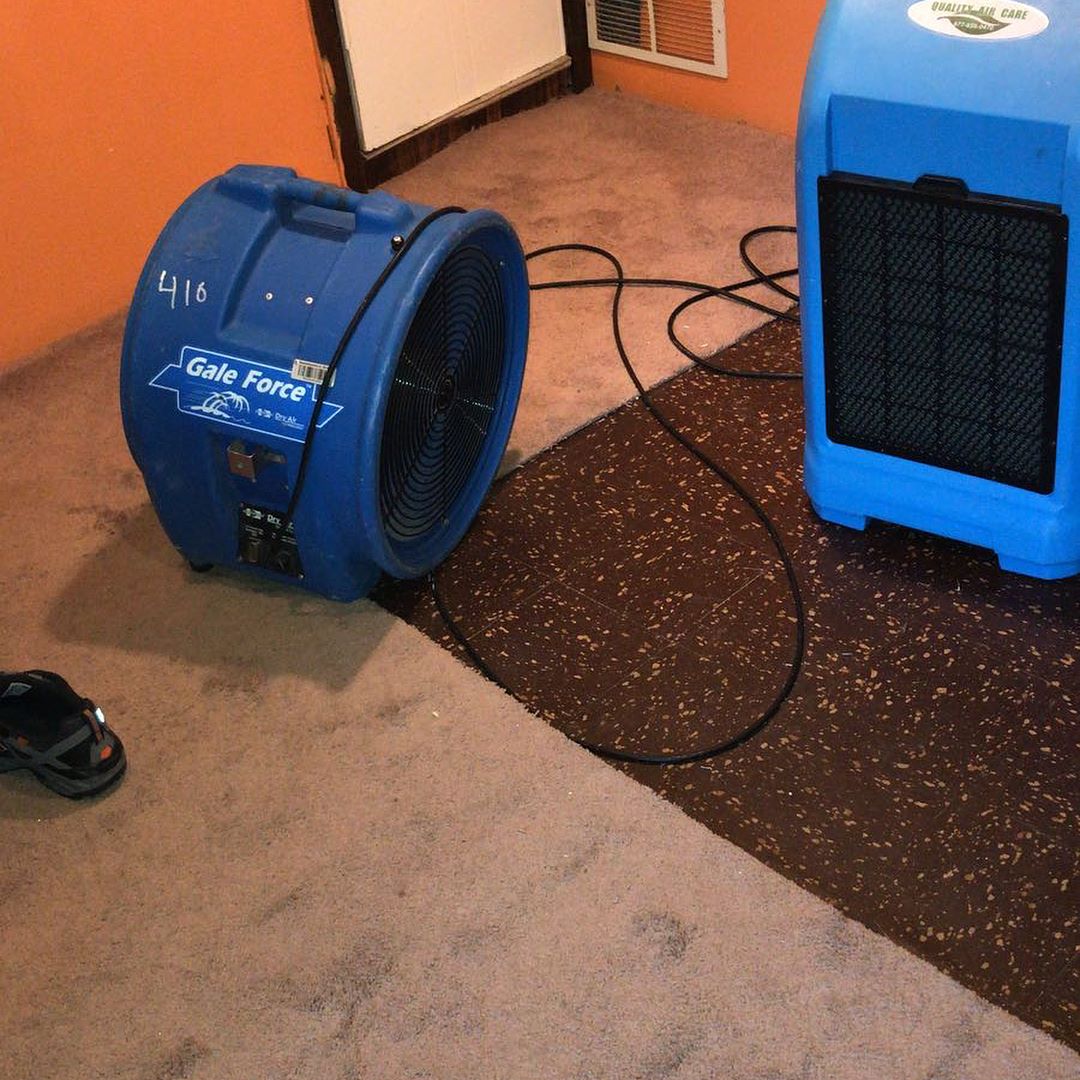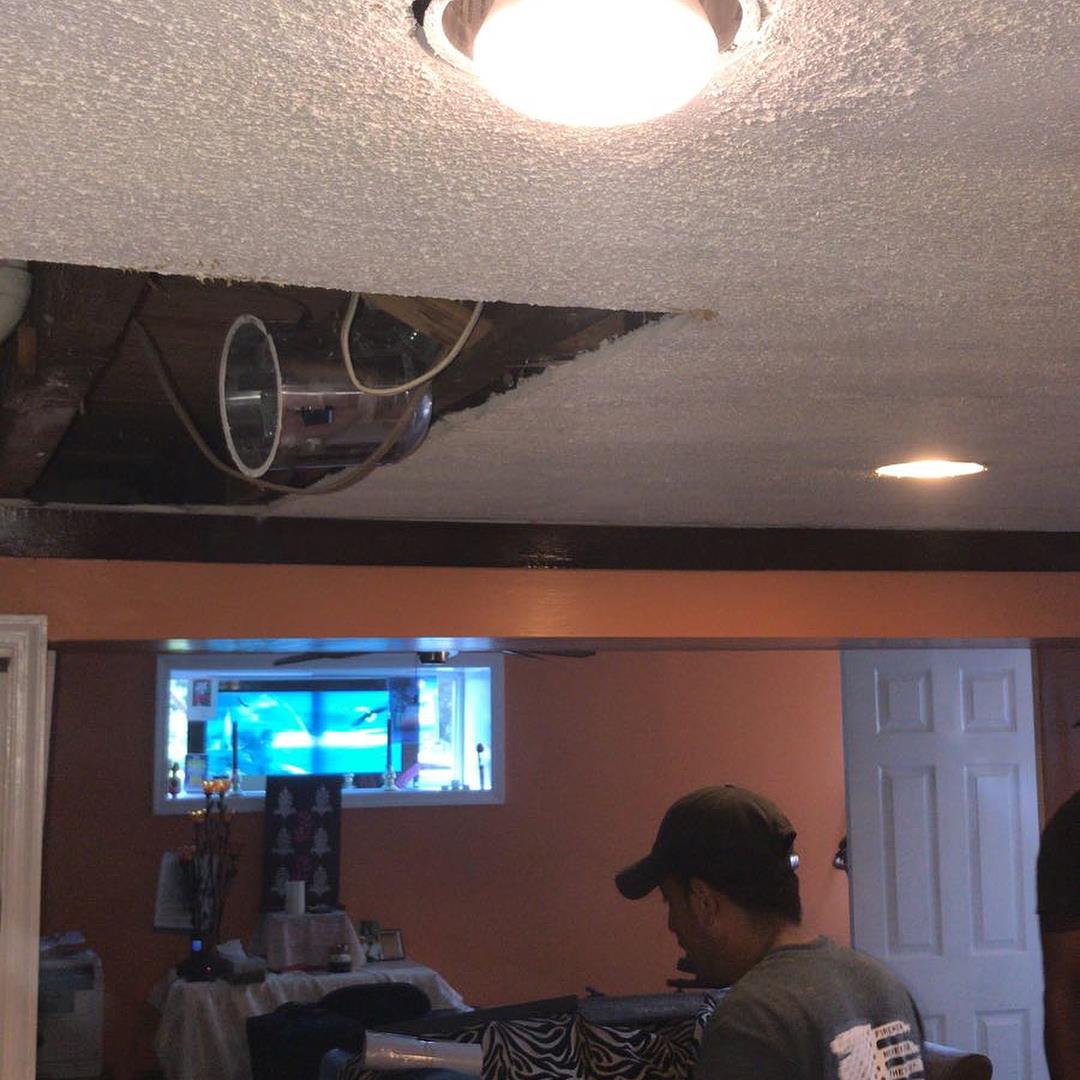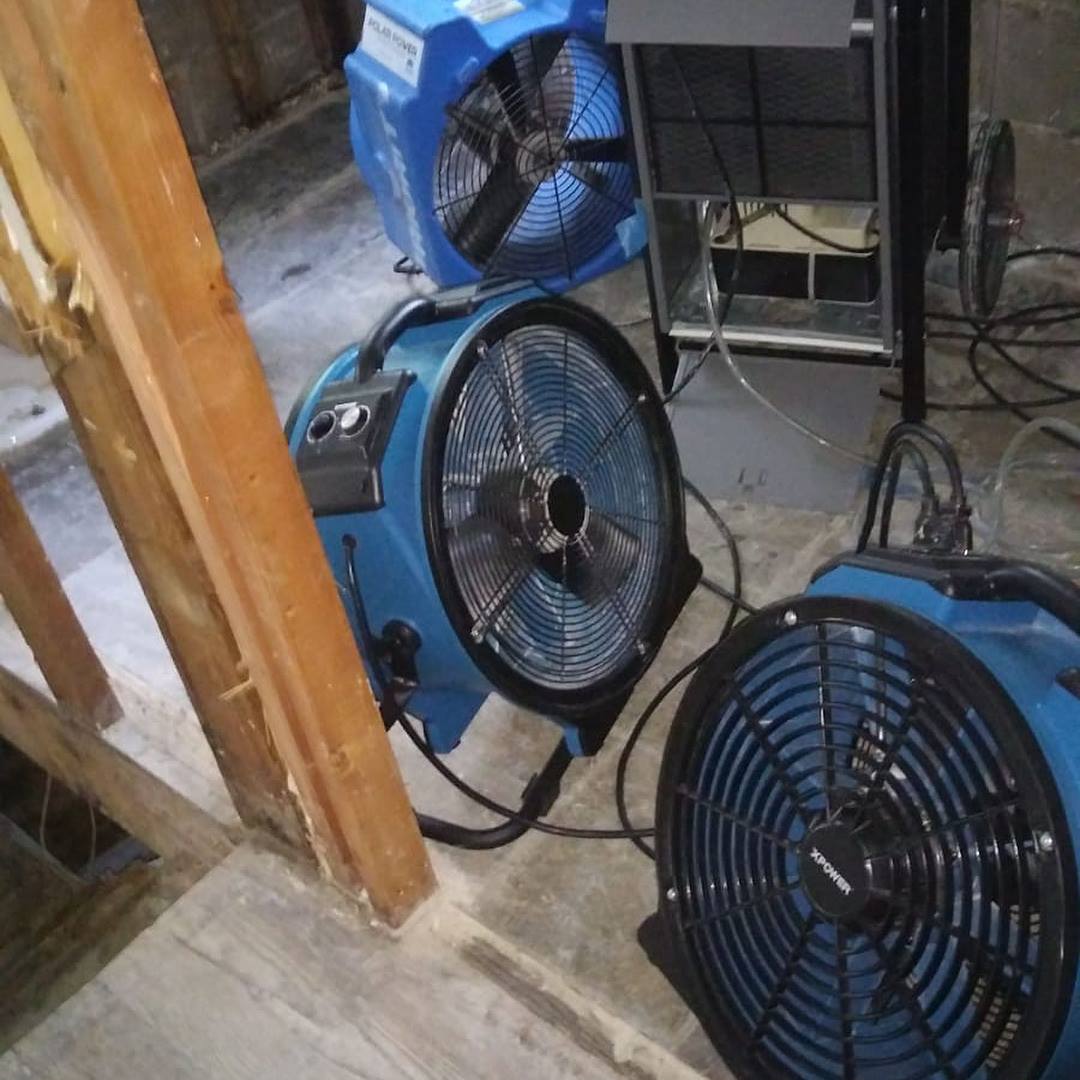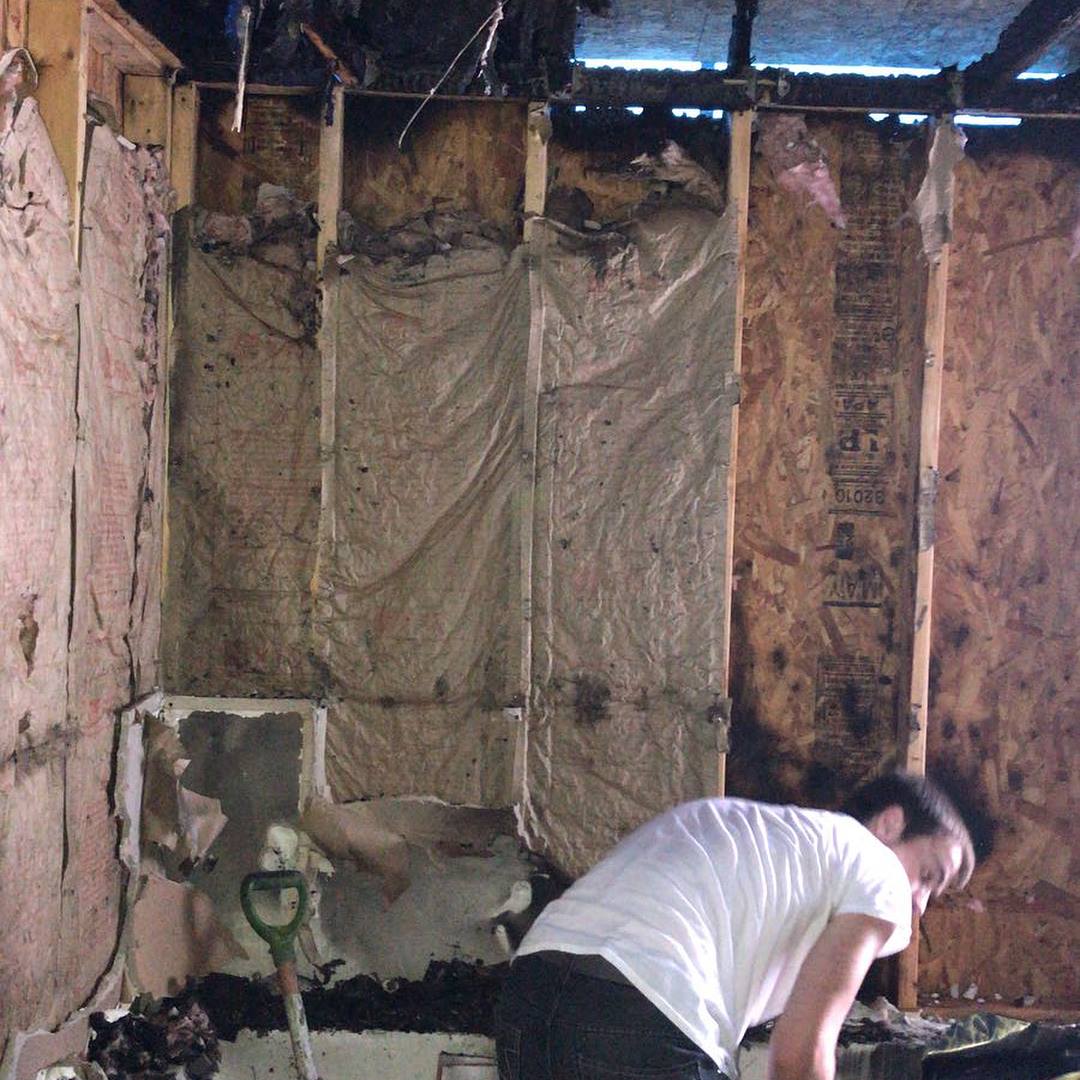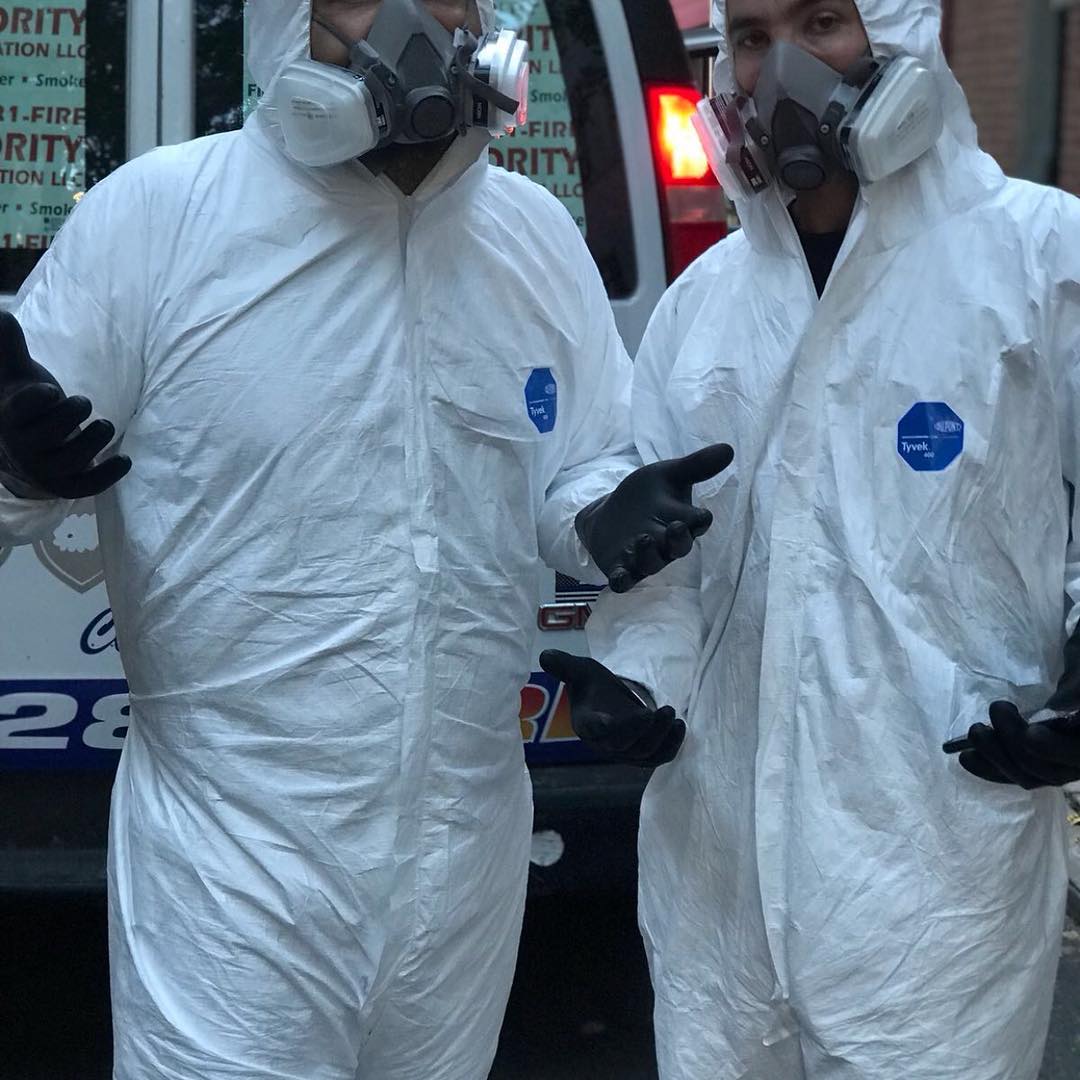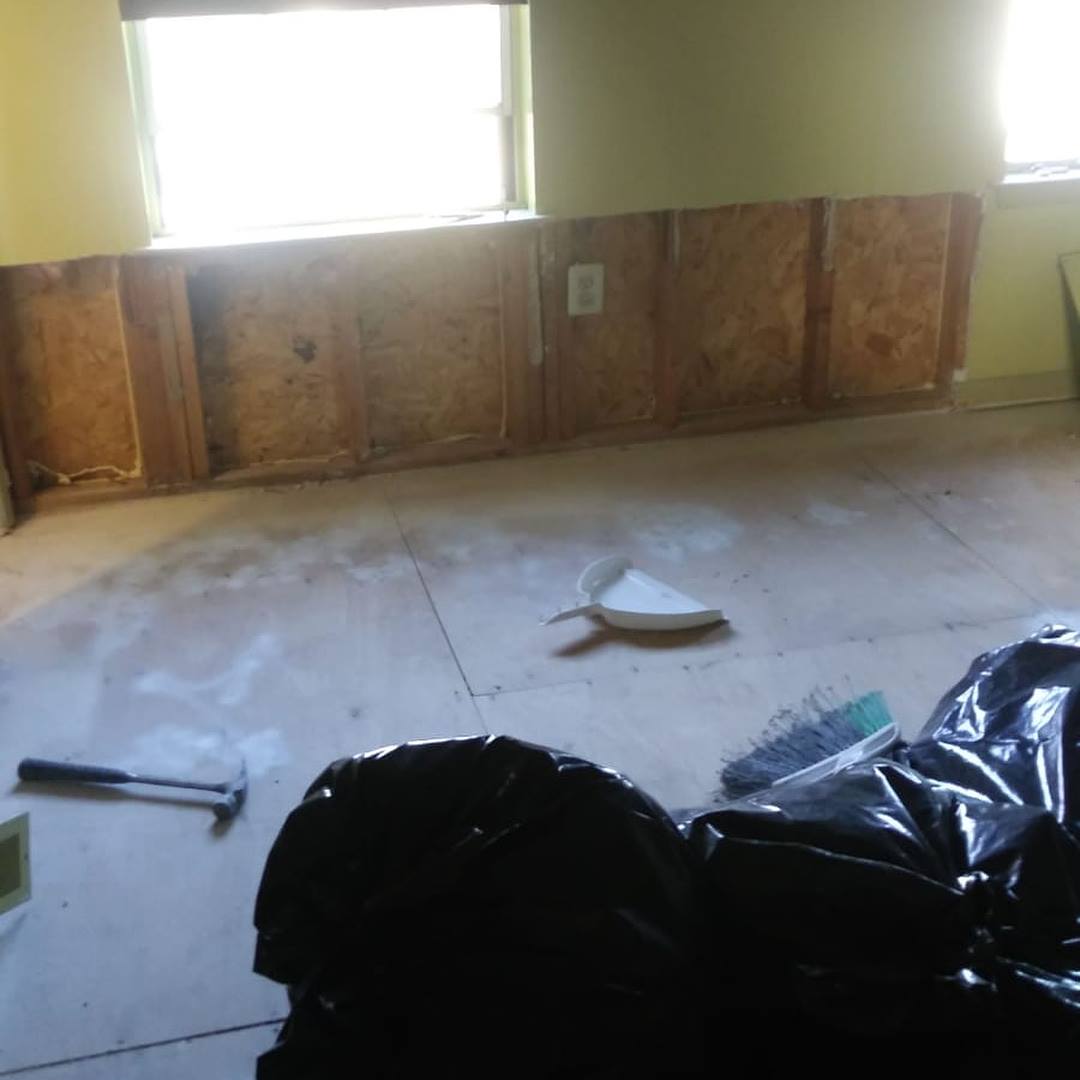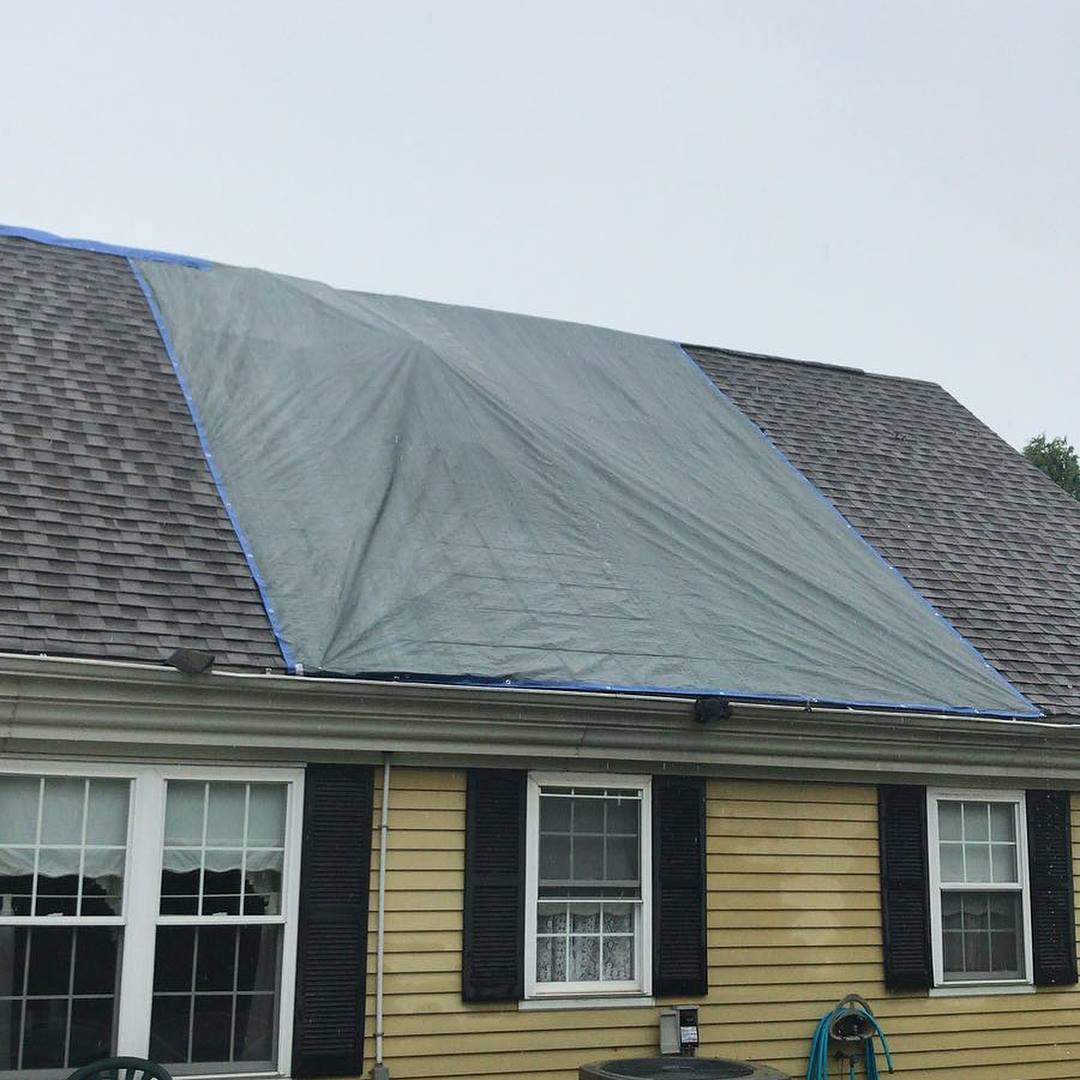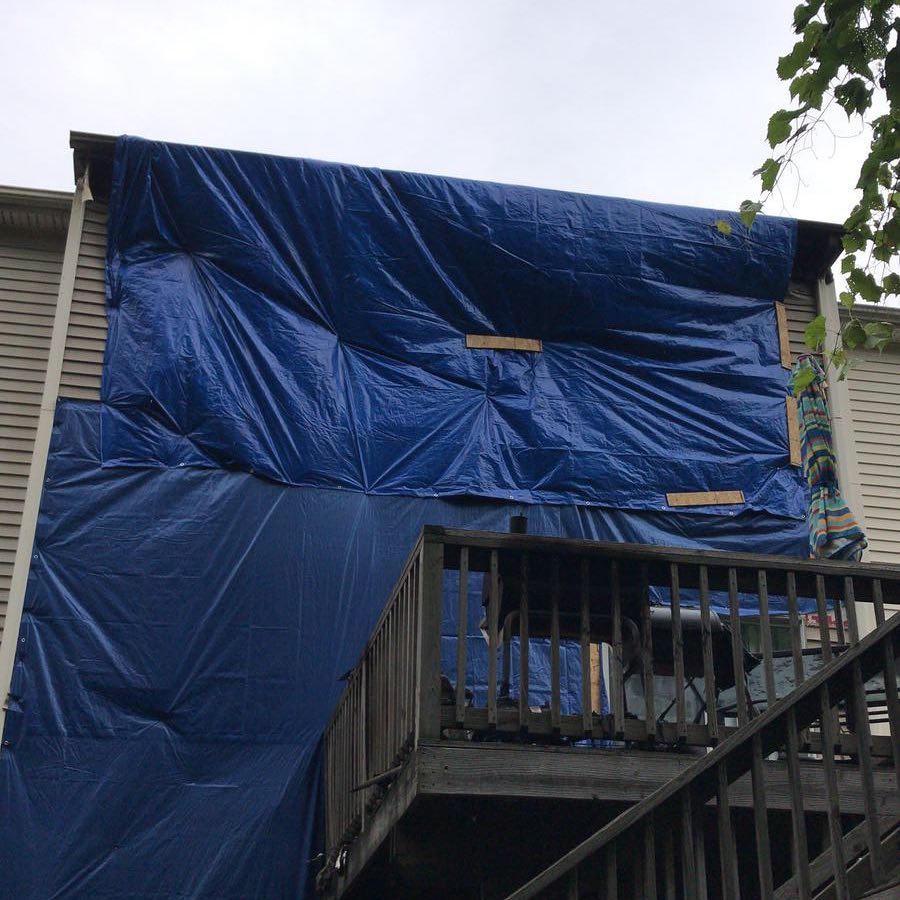
When dealing with chimney fire damage, you need a reliable and local team of Philly damage restoration experts in your corner. We've restored 100s of properties, both residential and commercial, in the Philly area and we're ready to come out and help you 24/7.
We're certified, insured, and work with all insurance companies. We understand how overwhelming it can be dealing with unexpected damage so let us assist you with your claim so you can focus on getting your life back on track.

Request a Free Estimate
or call (445) 234-4123
By submitting the form, you agree to our Terms of Service and Privacy Policy.
Common Causes of Chimney Damage and Fires in Philadelphia
Chimneys play a crucial role in maintaining the safety and functionality of your home's heating system. However, several factors can lead to chimney damage and fires, posing serious risks to your property and safety. Understanding these causes and knowing how to address them is essential for maintaining a safe and efficient chimney system. Here are some of the primary reasons for chimney damage and fires, specifically in Philadelphia:
1. Creosote Build-Up
One of the most common causes of chimney fires is the accumulation of creosote. Creosote is a highly flammable substance that forms when wood is burned. Over time, creosote can build up inside the chimney flue, creating a fire hazard. Even small, undetected chimney fires can cause significant damage to the chimney liner and masonry, leading to structural issues and increased fire risk.
Example: In 2020, a Philadelphia family narrowly escaped a house fire caused by a chimney fire. Firefighters warned that creosote build-up was the primary cause of the blaze, emphasizing the importance of regular chimney inspections and cleaning.
2. Faulty Chimney Construction
Poorly constructed chimneys are prone to various types of damage over time. Signs of faulty construction include narrow or shallow footings, loose soil beneath the footing, incorrect flue size or height, low-quality bricks and mortar, and improperly installed chimney liners. These issues can weaken the chimney structure and increase the risk of chimney fires and other damage.
Example: A recent report highlighted several Philadelphia homes experiencing chimney leaks and structural issues due to faulty construction. Homeowners were advised to have their chimneys inspected by qualified professionals to prevent further damage.
3. Leaks Leading to Chimney or Fireplace Fires
Chimney leaks can cause significant damage to the chimney system and surrounding areas of the home. Water infiltration can lead to brick deterioration, mold growth, and rotting of nearby building materials. Signs of a leaky chimney include a cracked chimney crown, water in the firebox, musty odors, damp walls and ceiling near the fireplace, white stains on exterior bricks, and compromised chimney caps or flashing.
Example: A severe storm in Philadelphia resulted in numerous chimney leaks and water damage reports. Homeowners were urged to check their chimneys for signs of leaks and schedule repairs promptly.
4. Weather and Natural Events
Extreme weather conditions and natural disasters can also cause chimney damage. Heavy winds, hailstorms, lightning strikes, earthquakes, and house settling can all contribute to chimney issues. While these events are often unavoidable, prompt inspection and repair following such events can help mitigate damage and ensure the chimney's safety and functionality.
Example: Following a recent earthquake in the region, several Philadelphia residents reported chimney damage. Chimney repair companies were inundated with calls for inspections and repairs to address the earthquake's aftermath.
Frequently Asked Questions About Chimney Fires in Philly
Chimney fires are primarily caused by a buildup of creosote, a highly flammable substance that forms when wood or fossil fuels are burned incompletely.





















